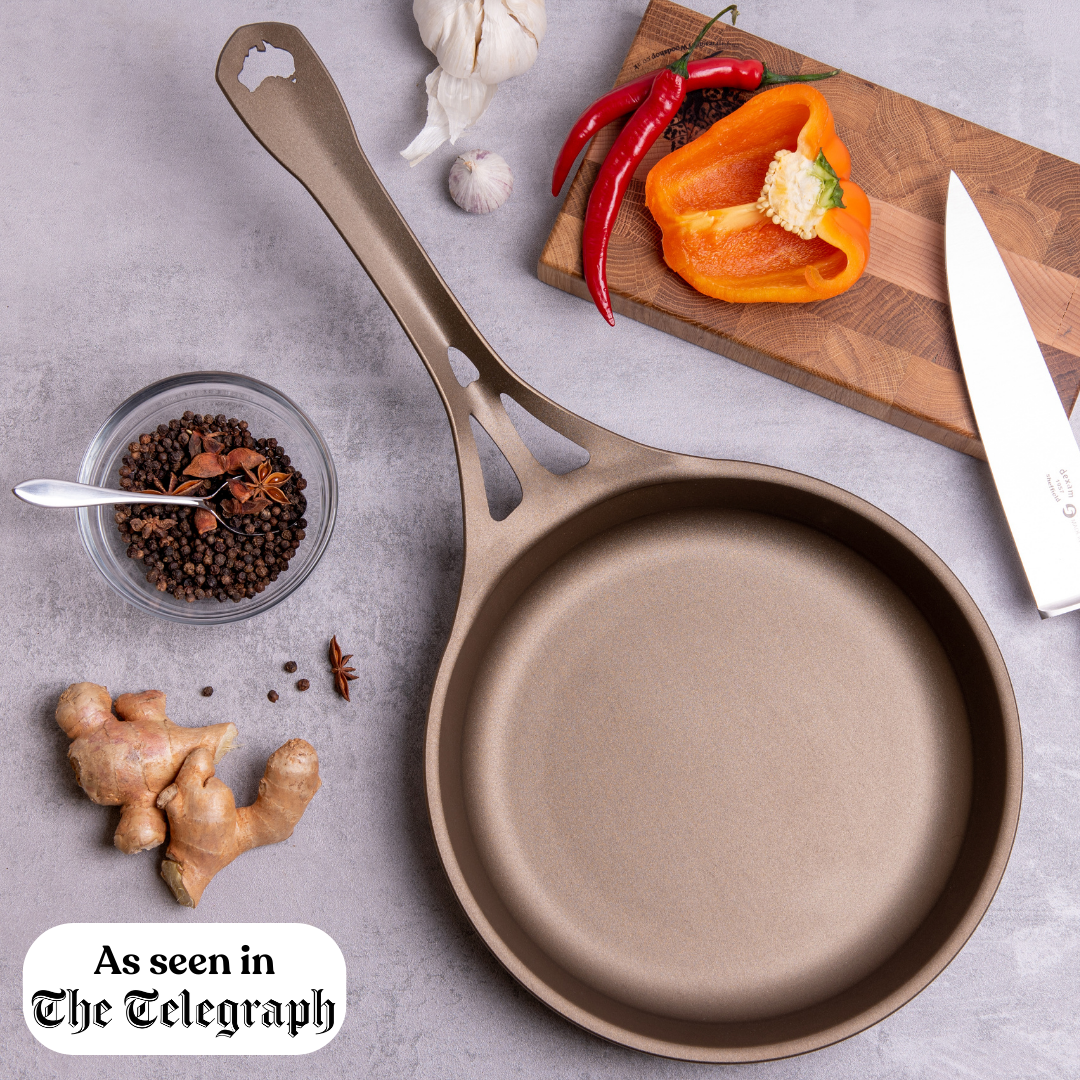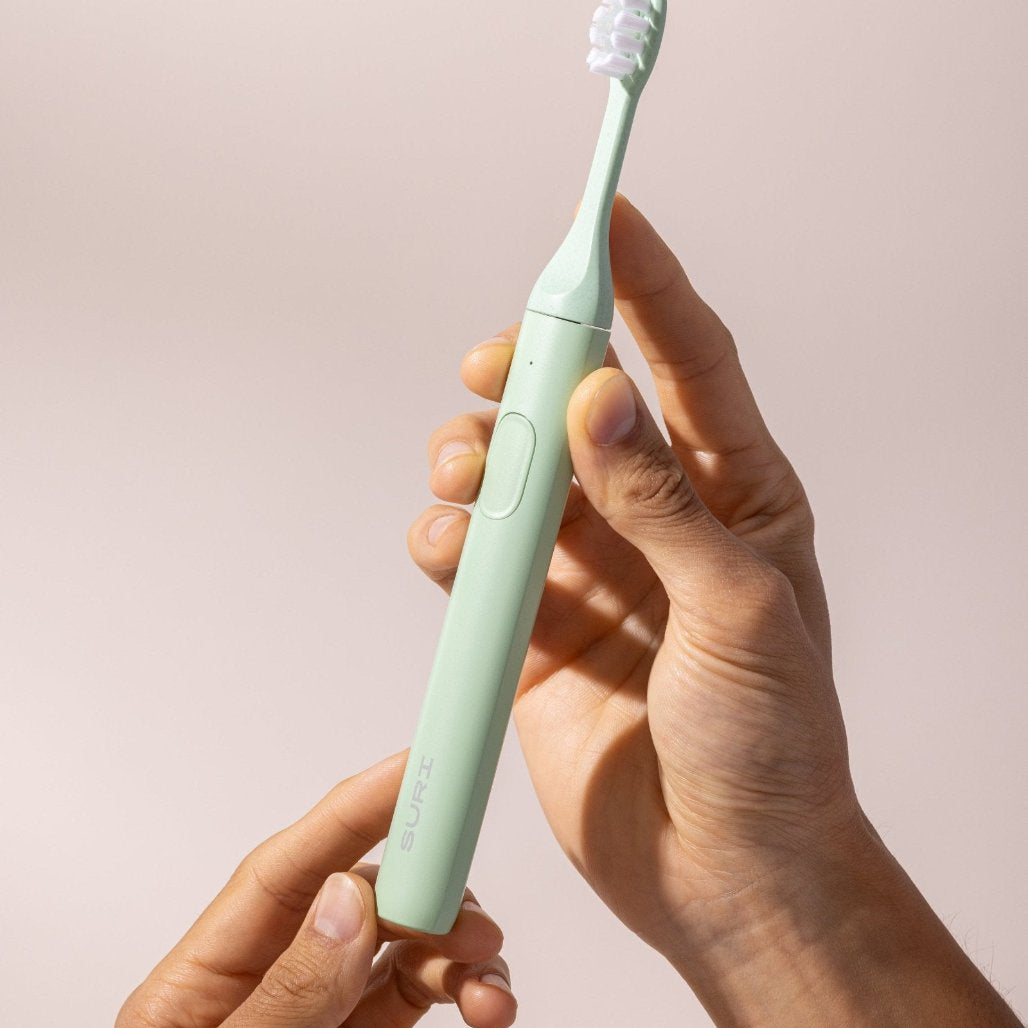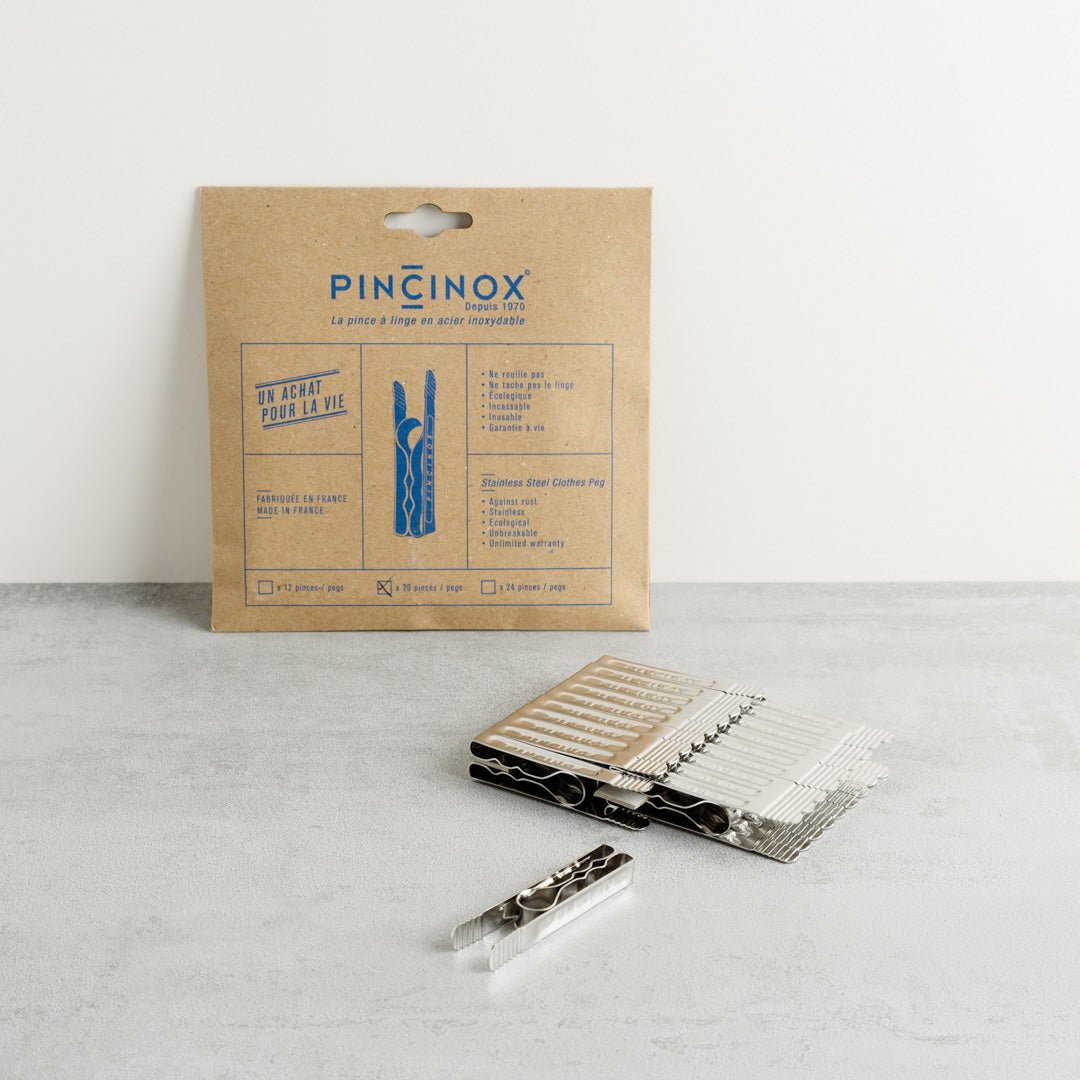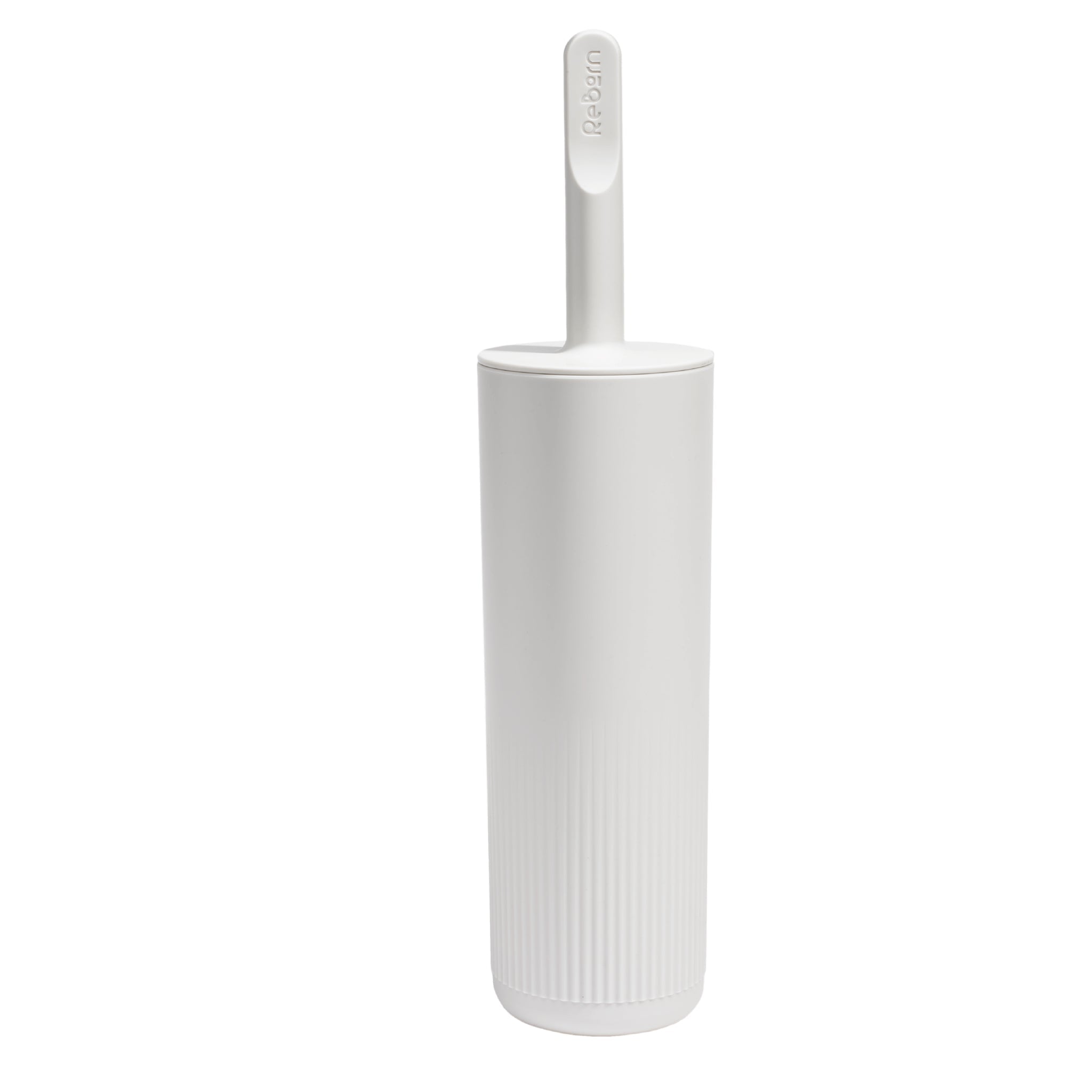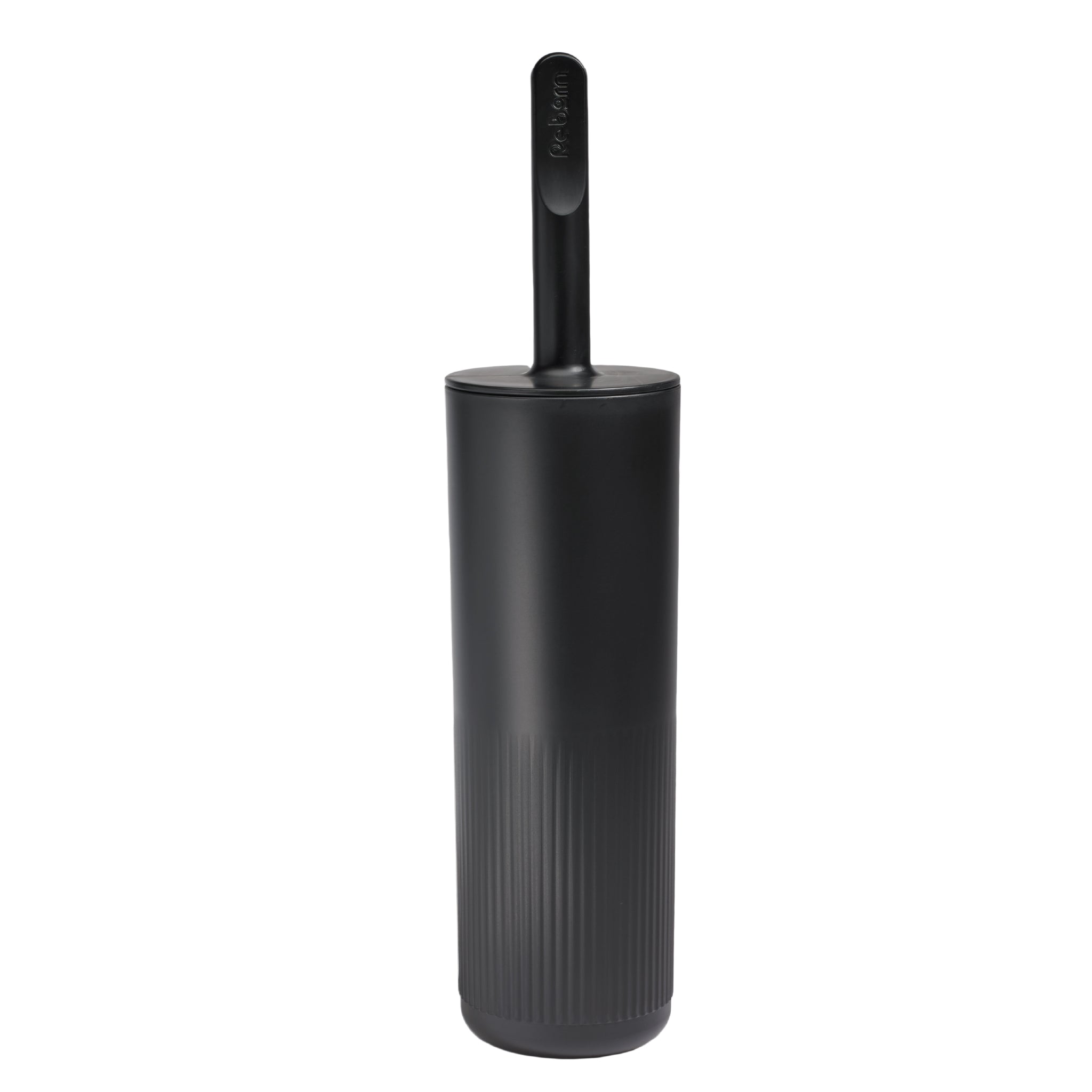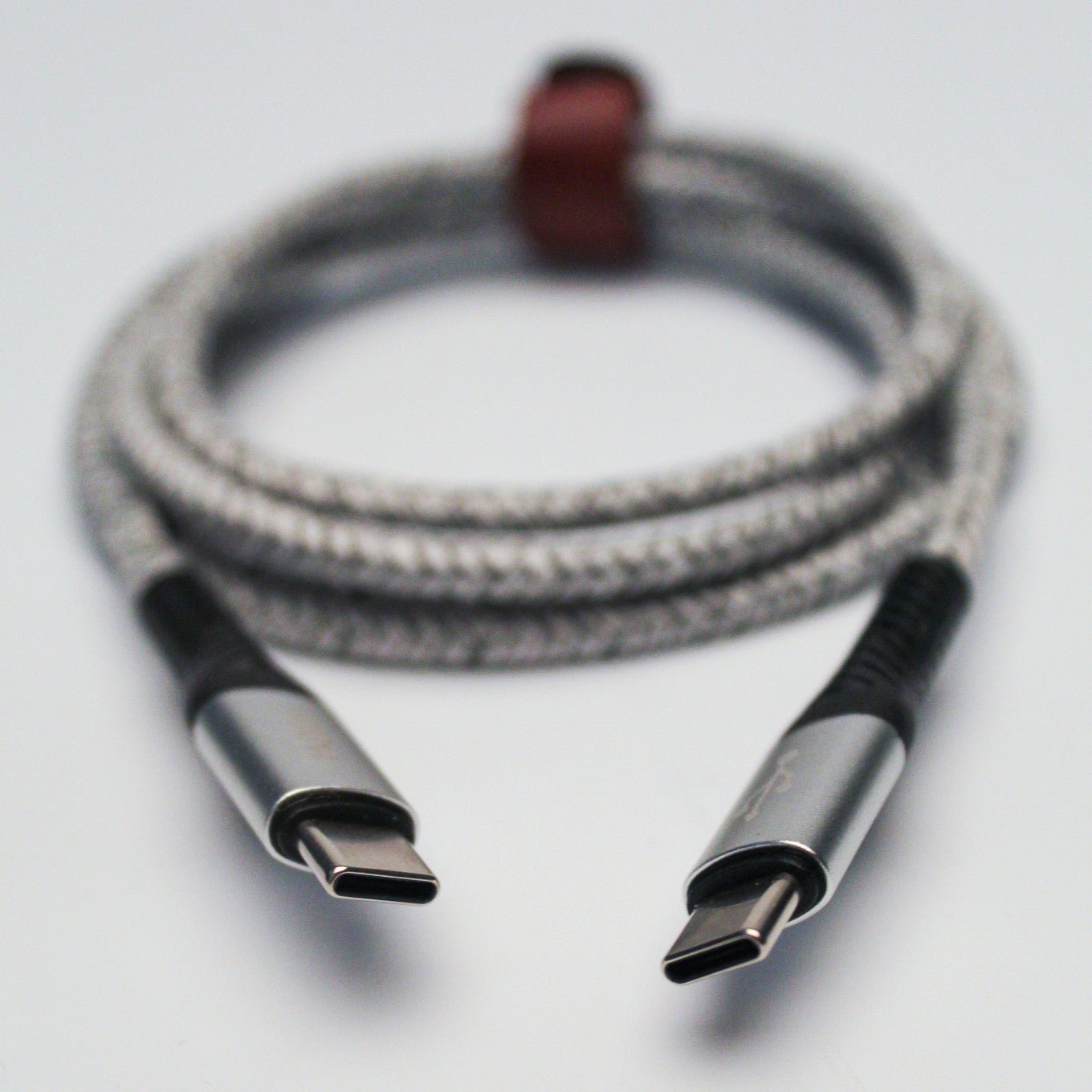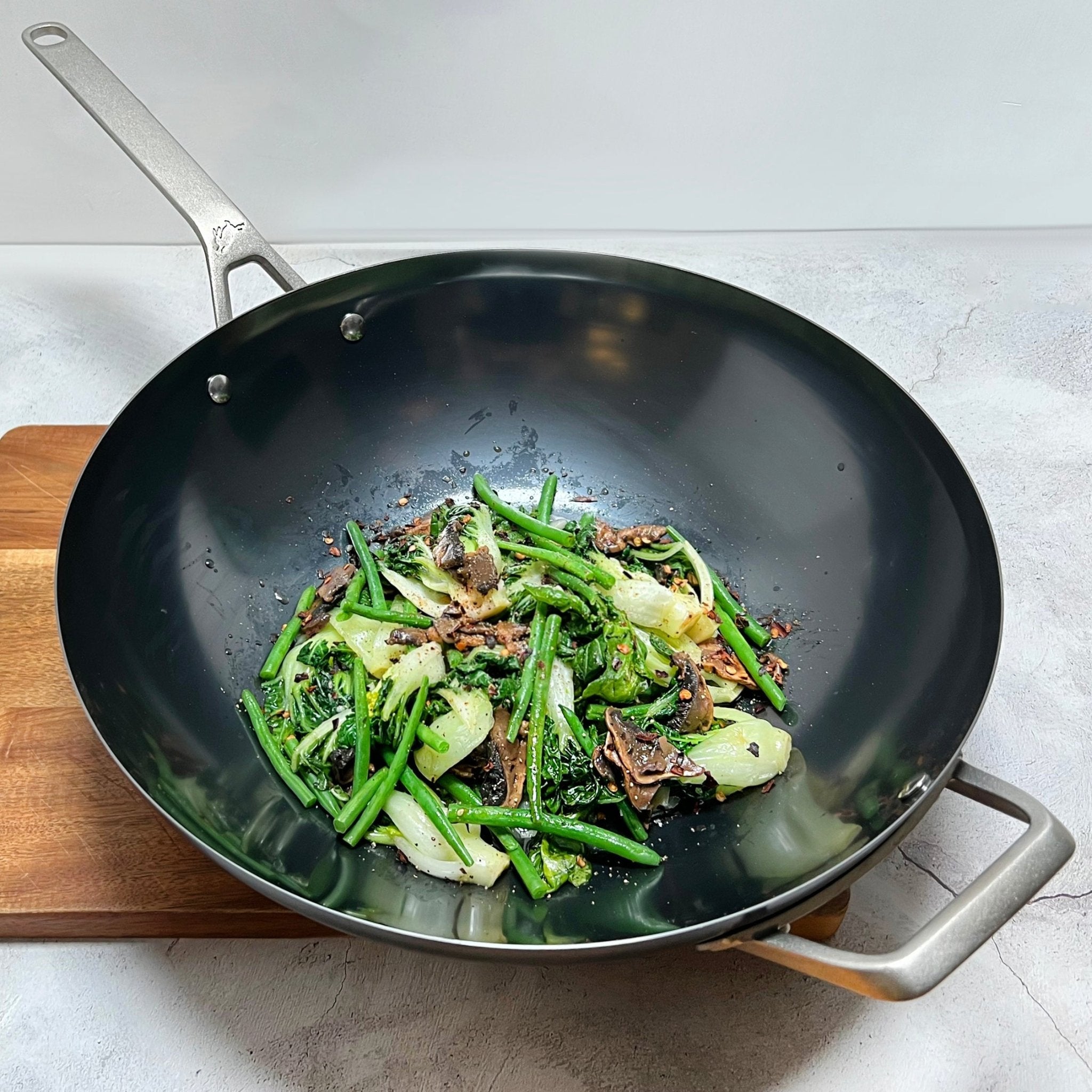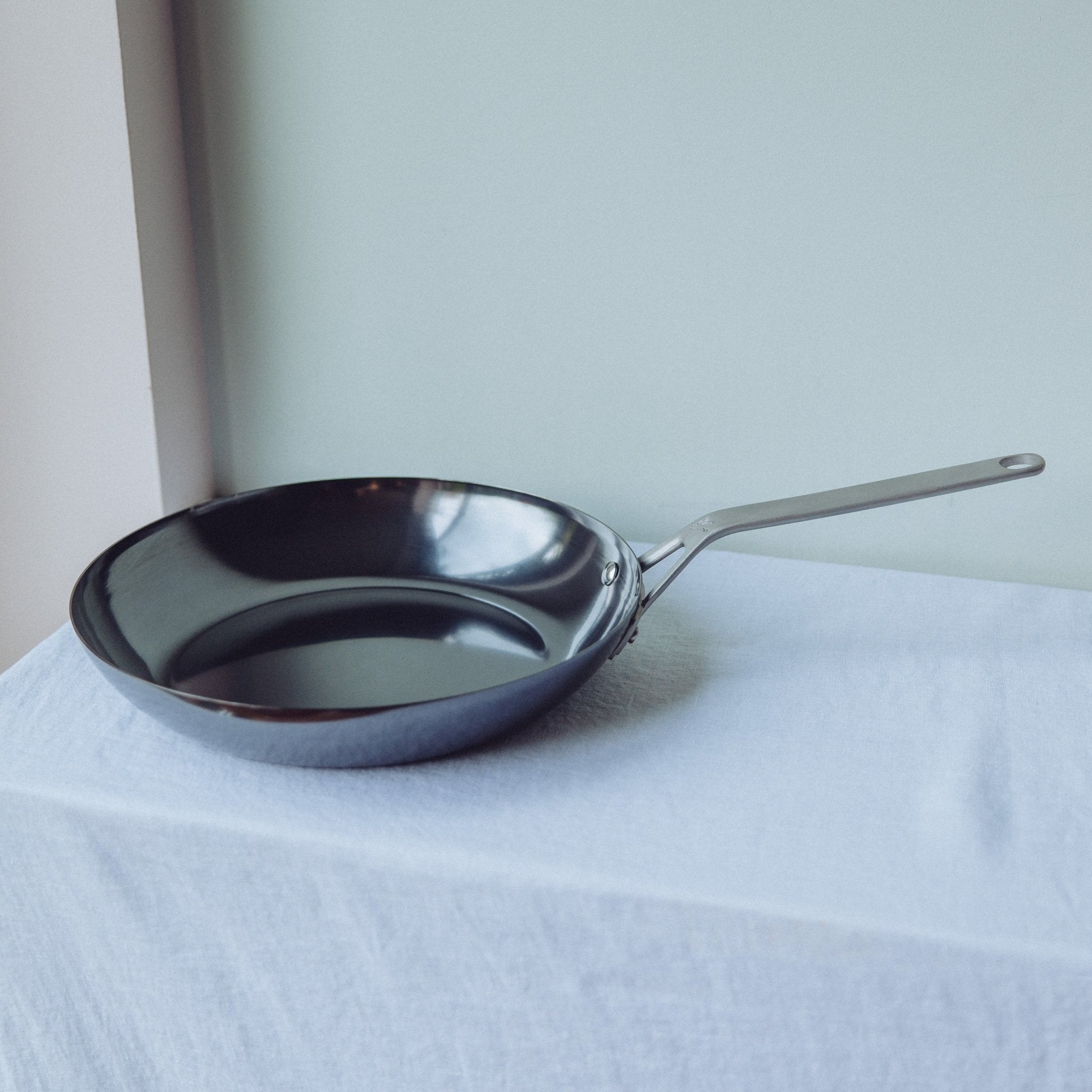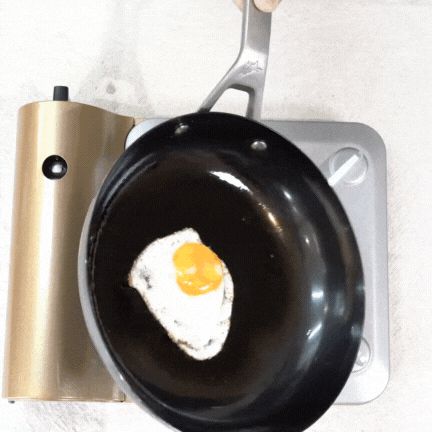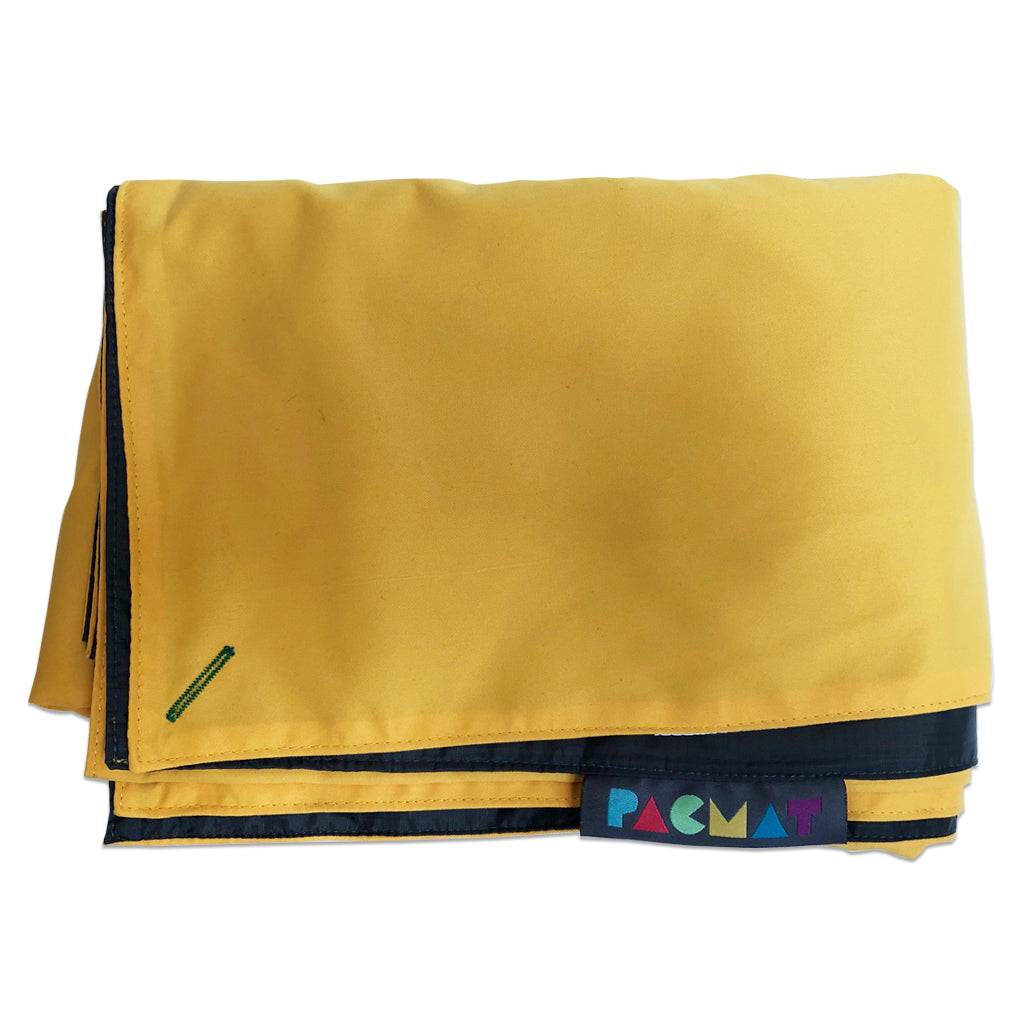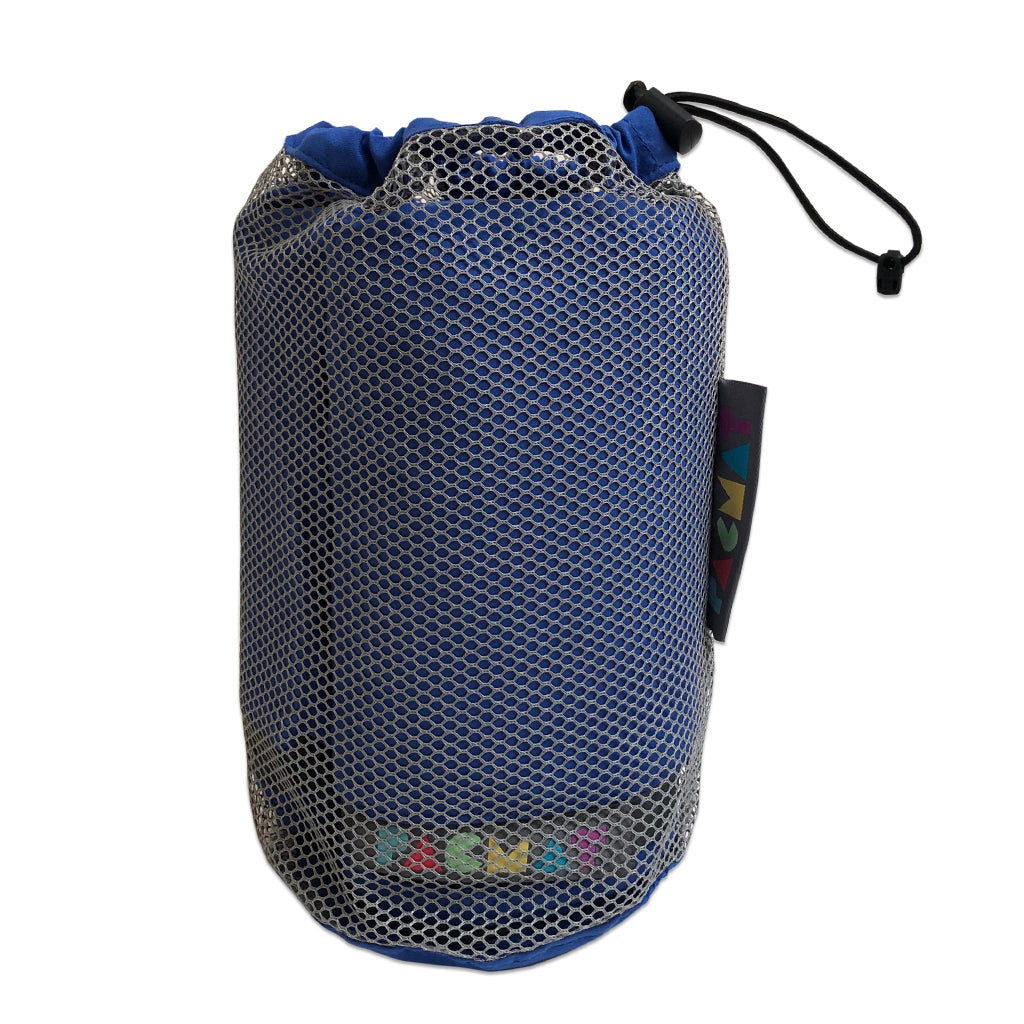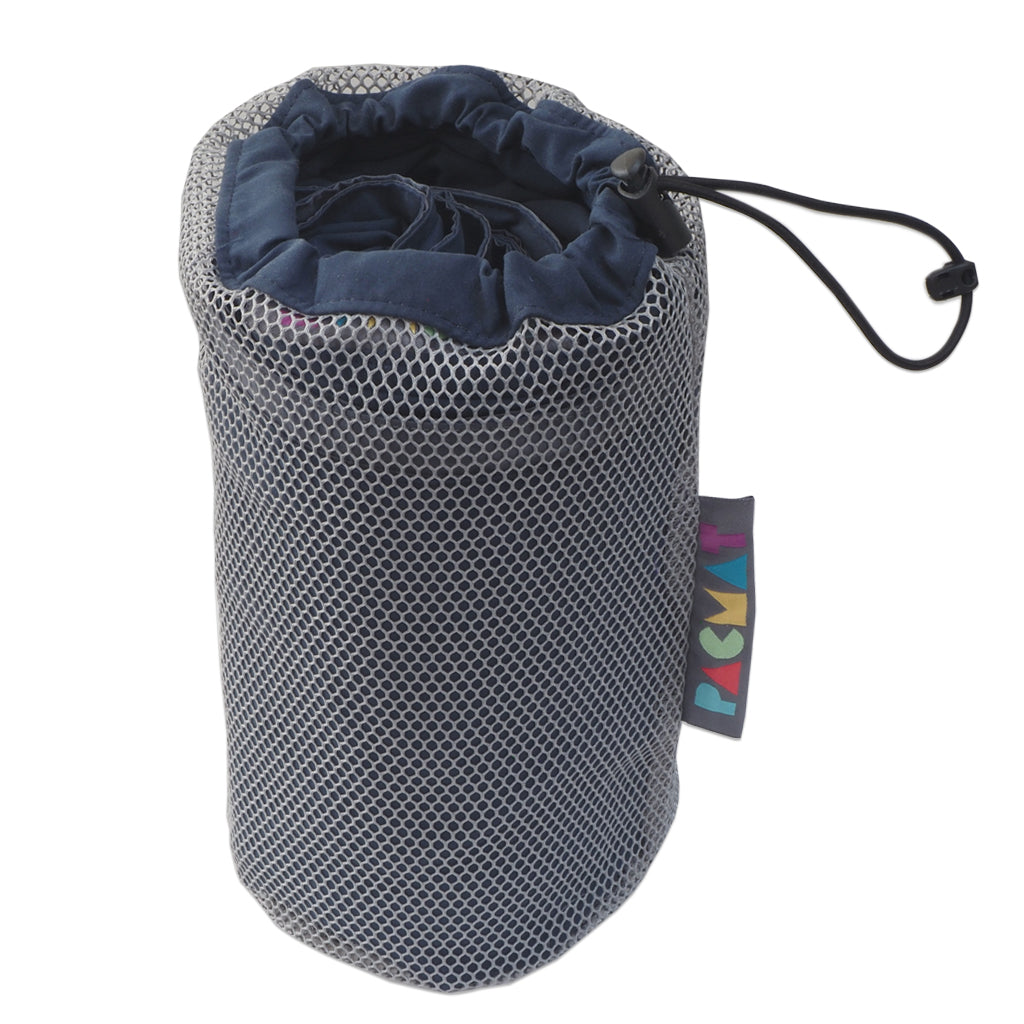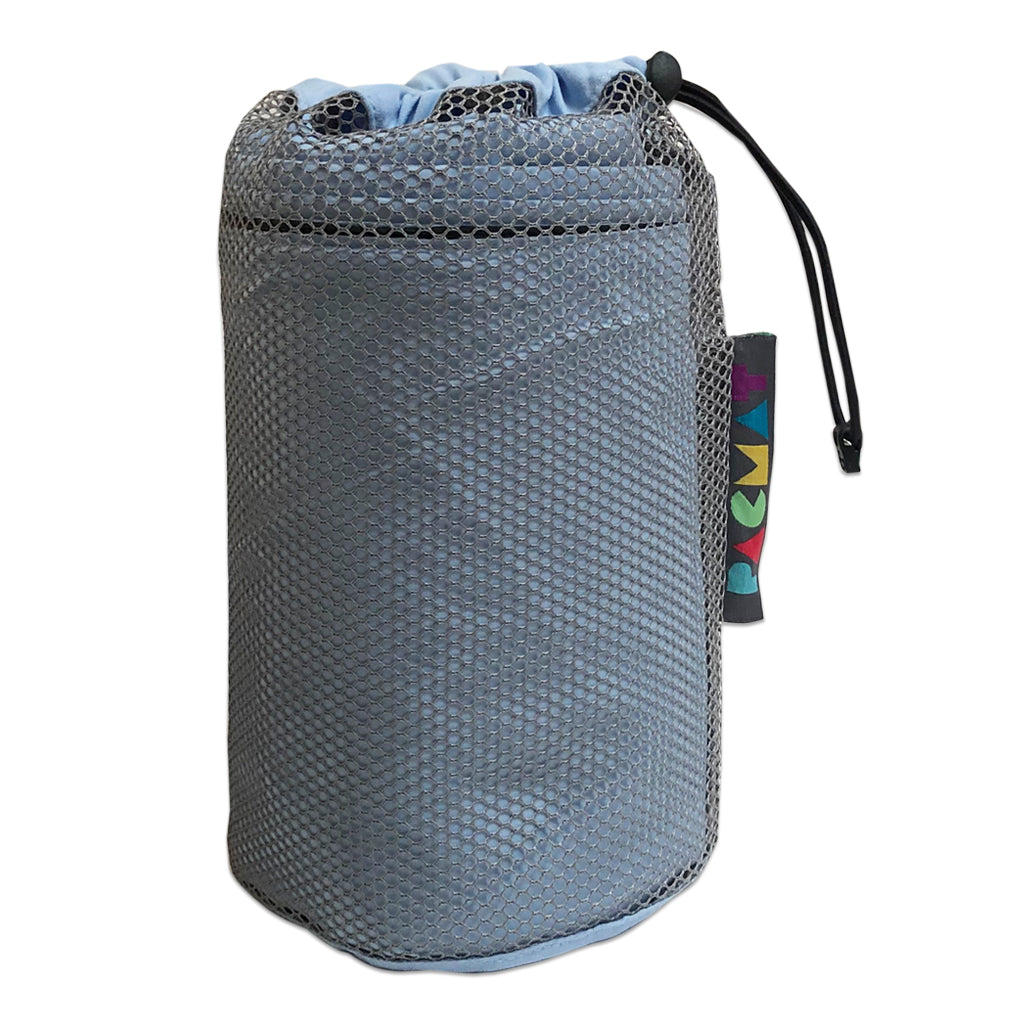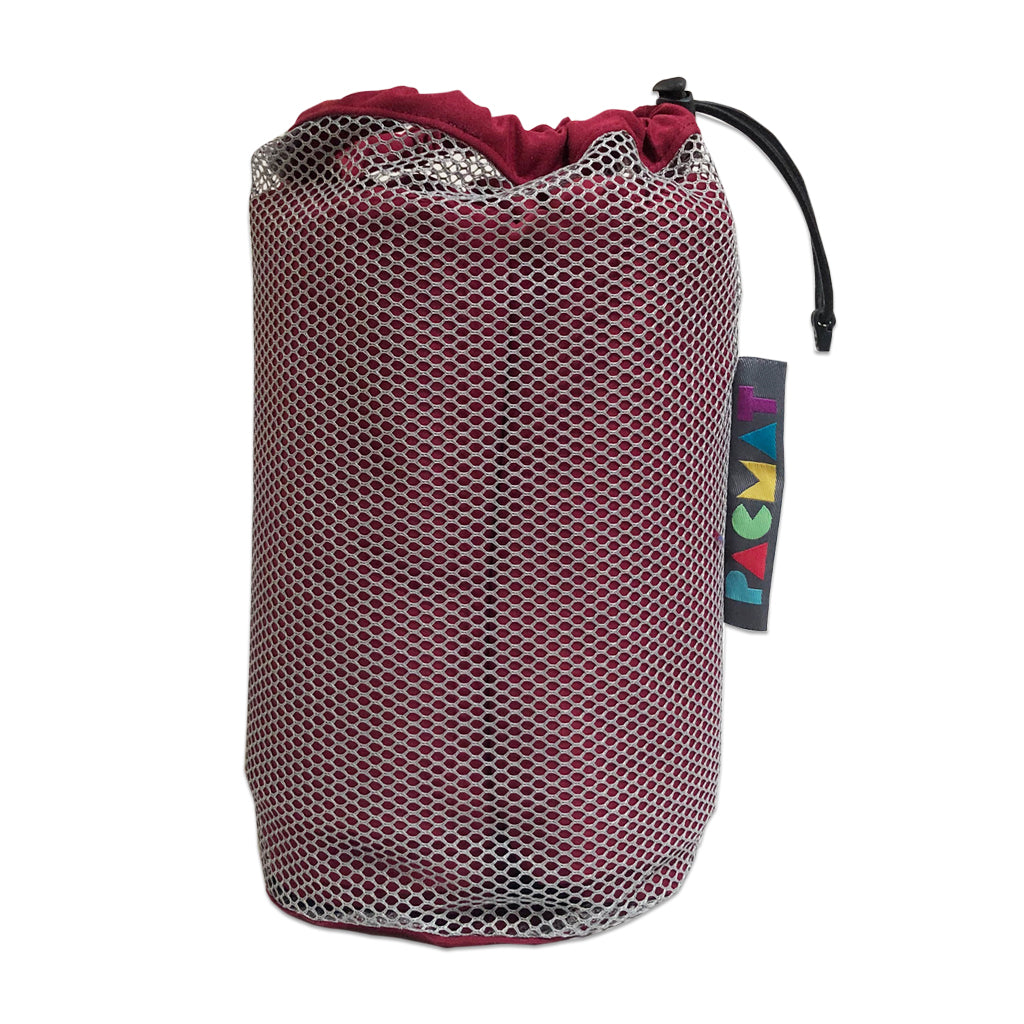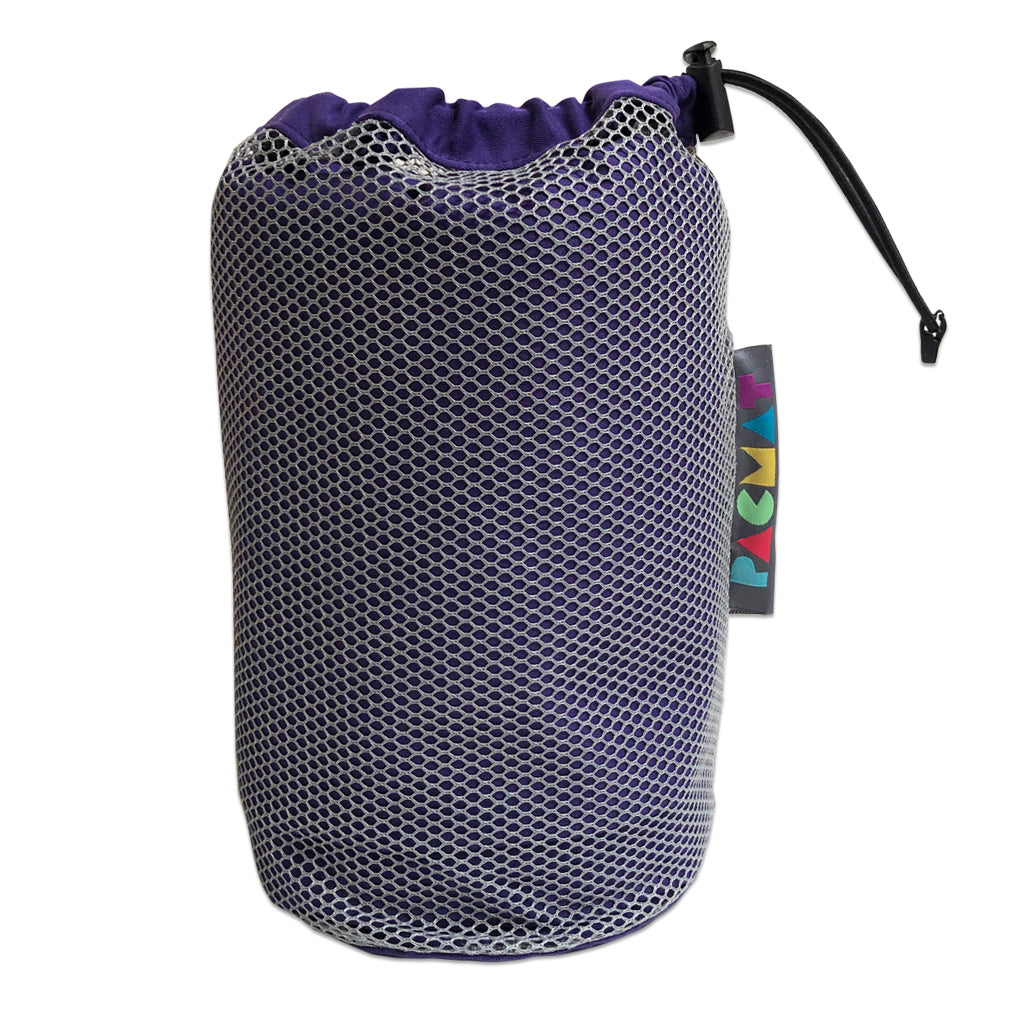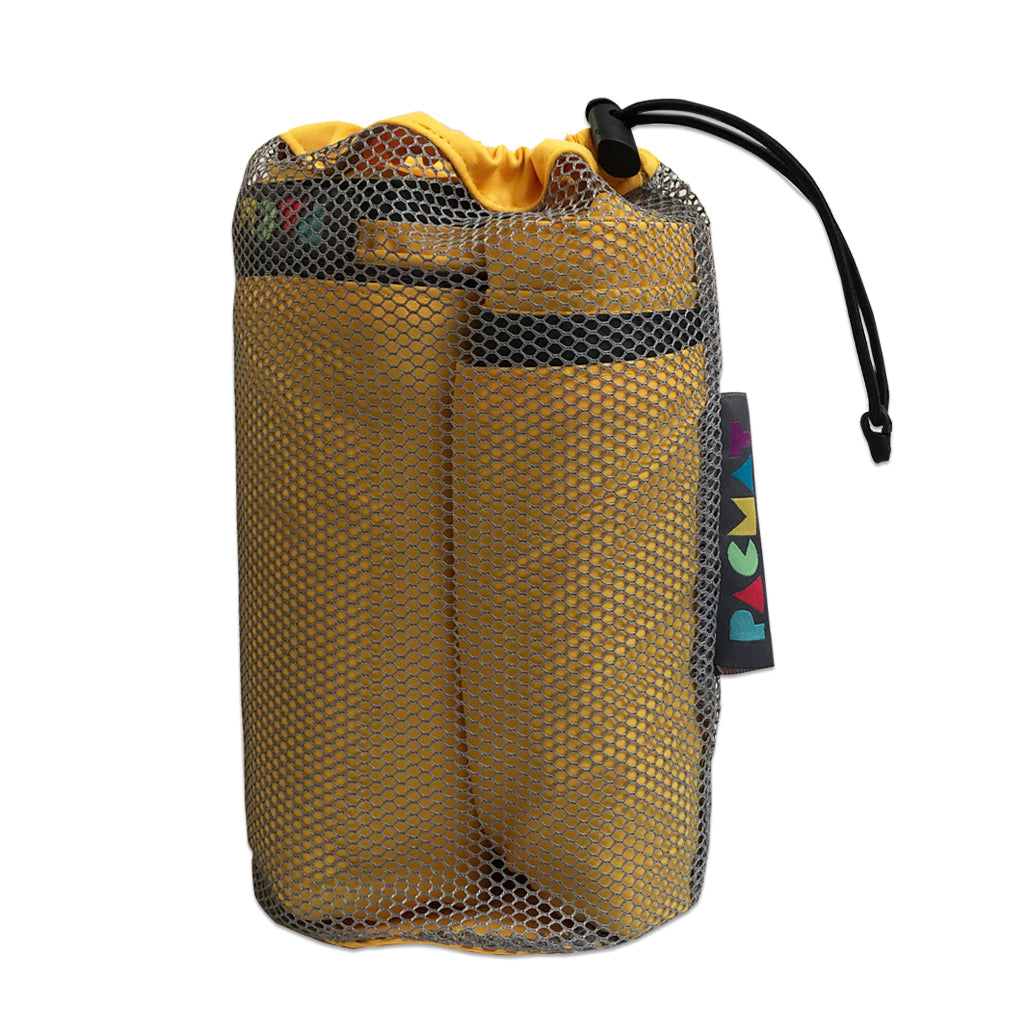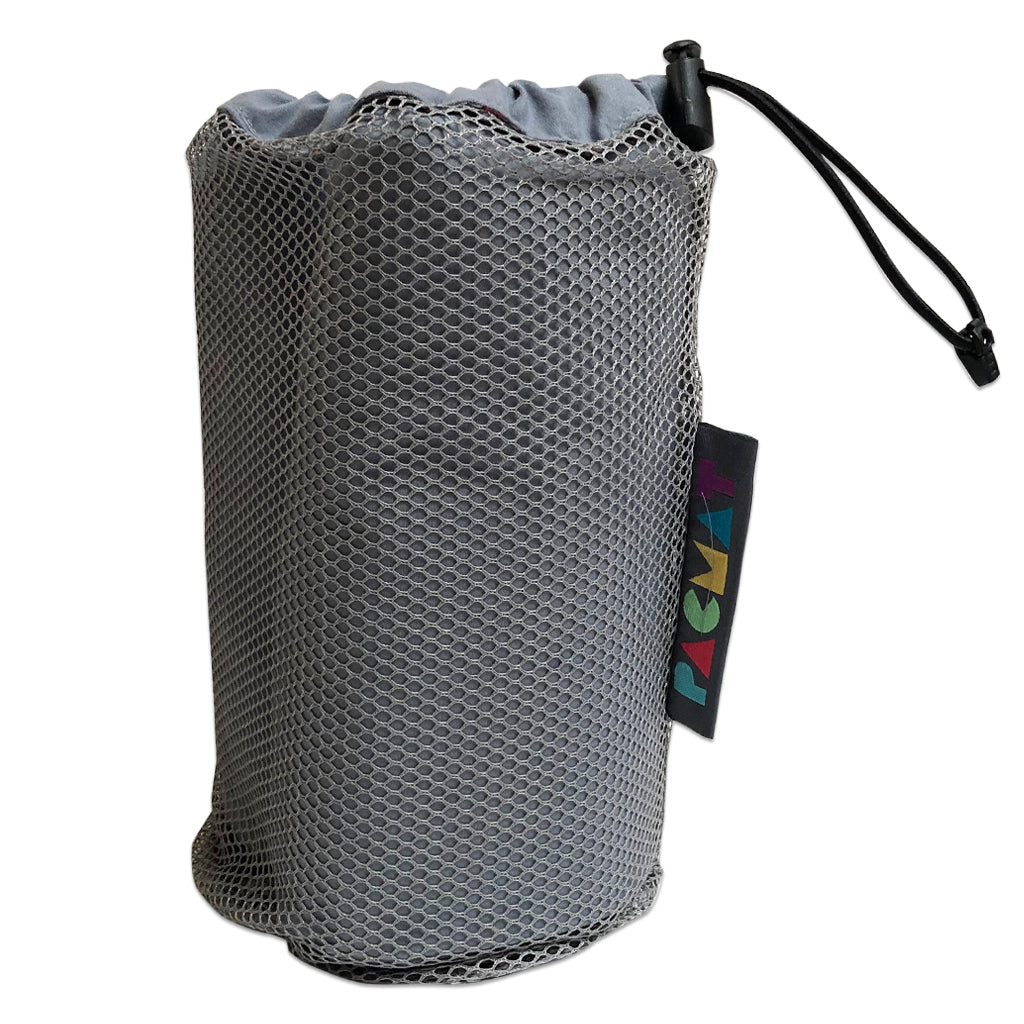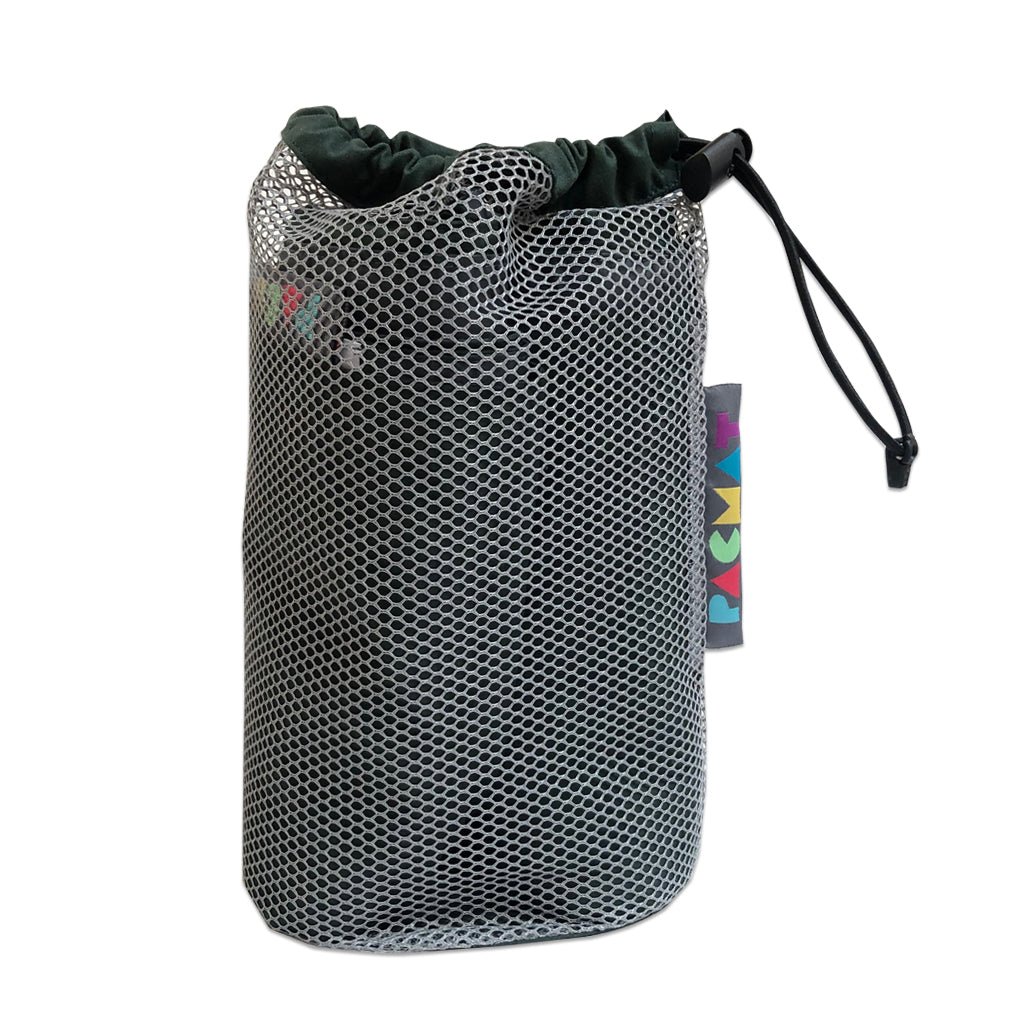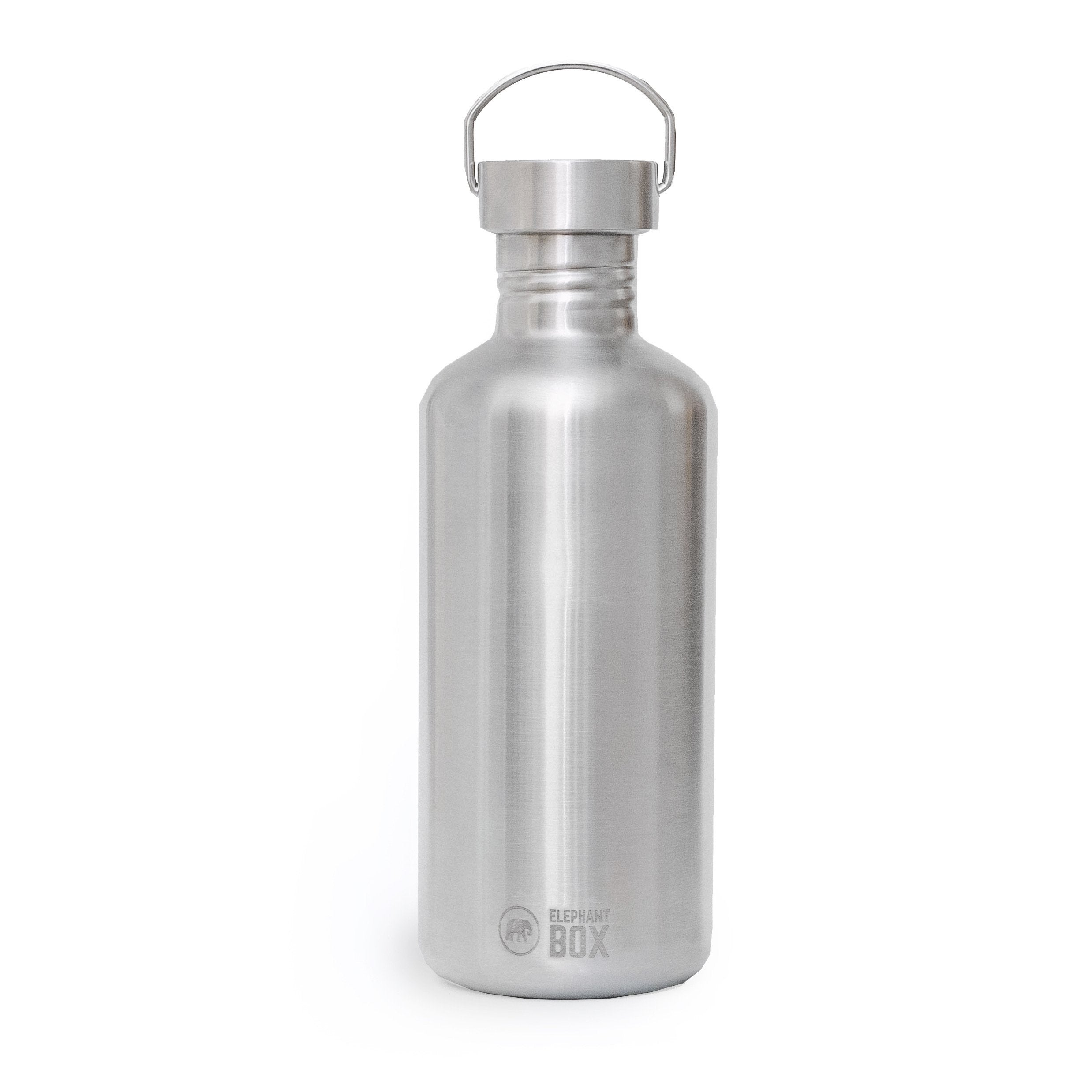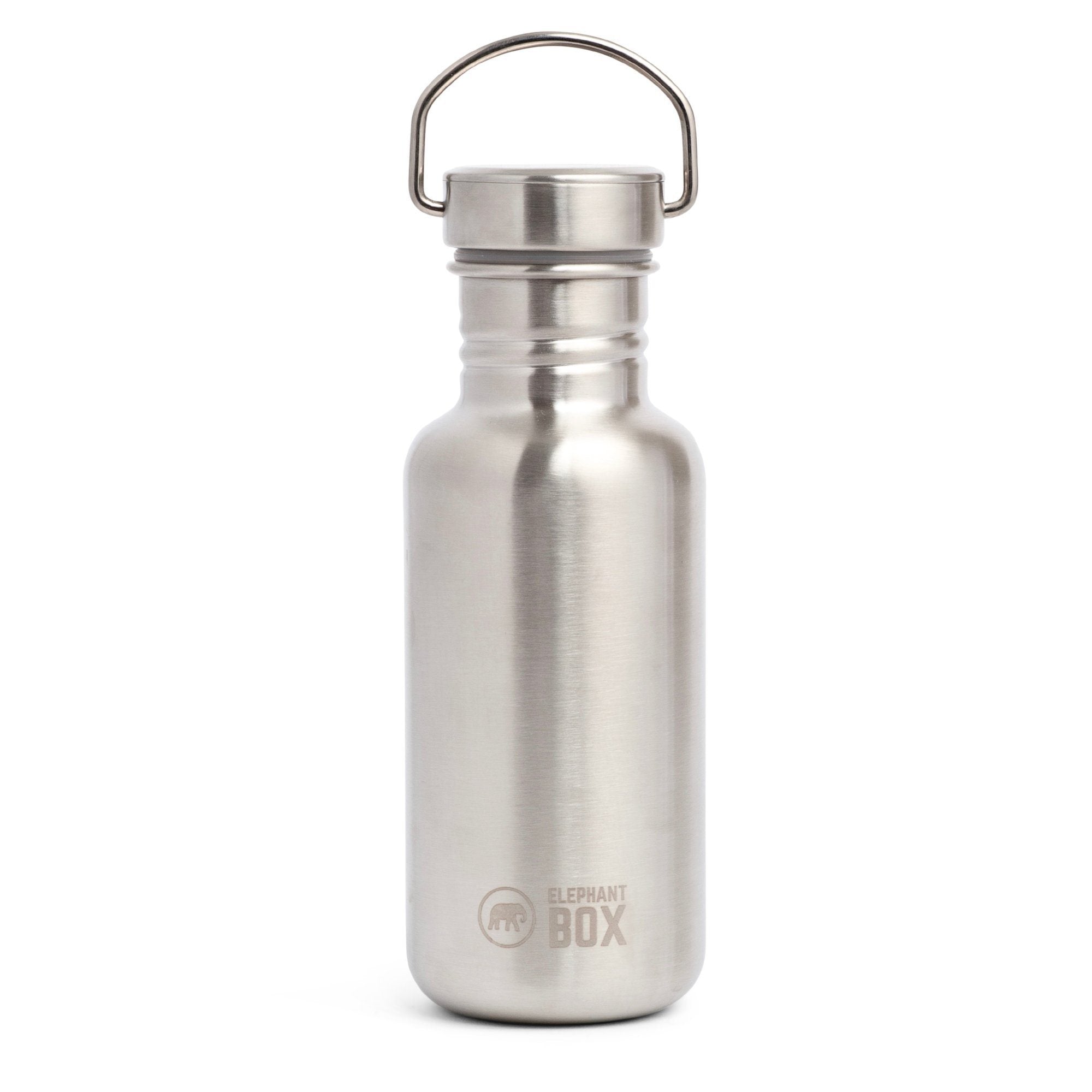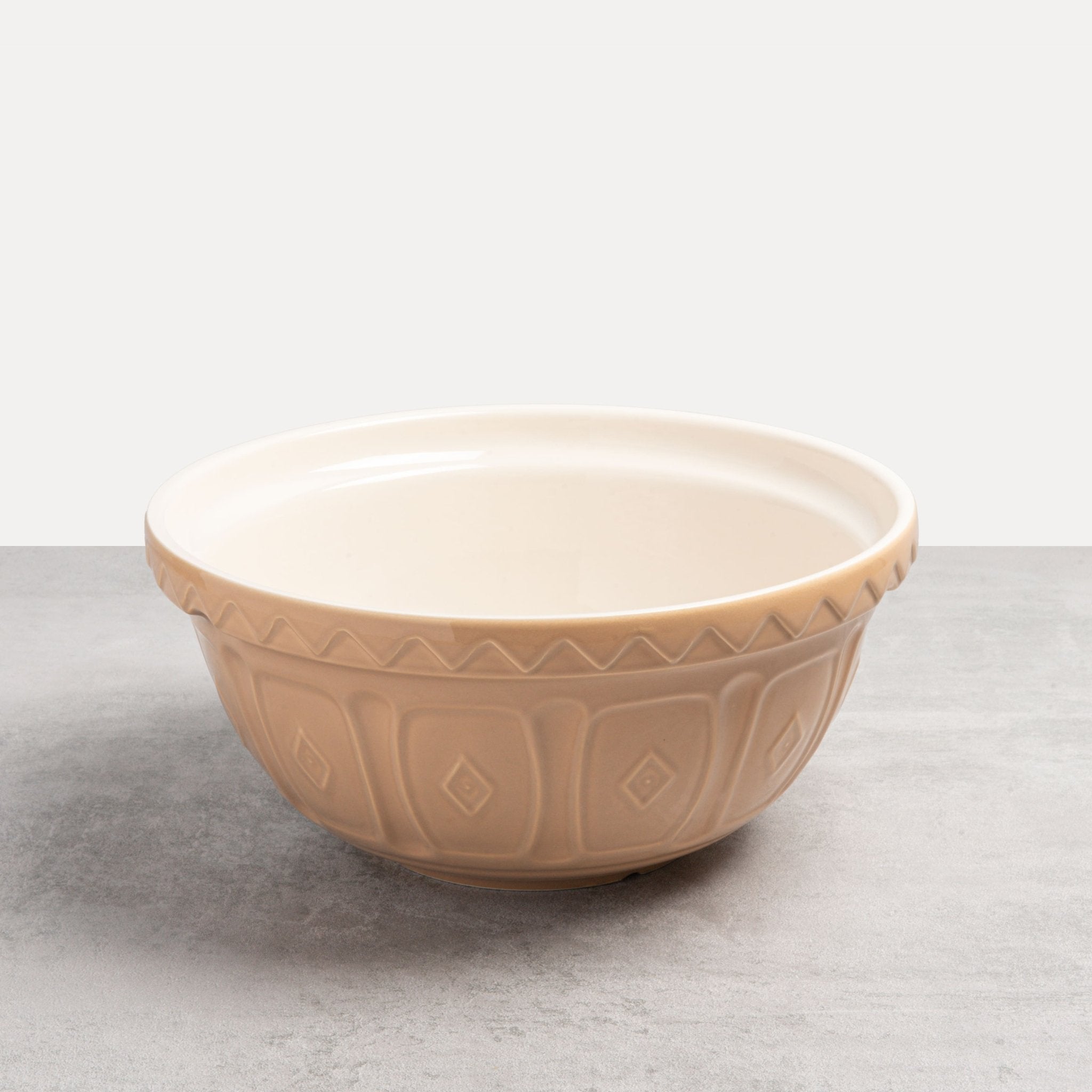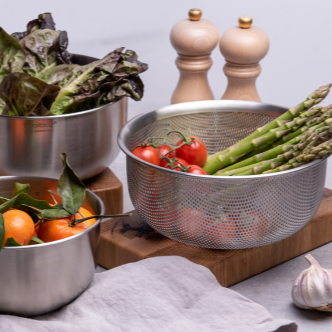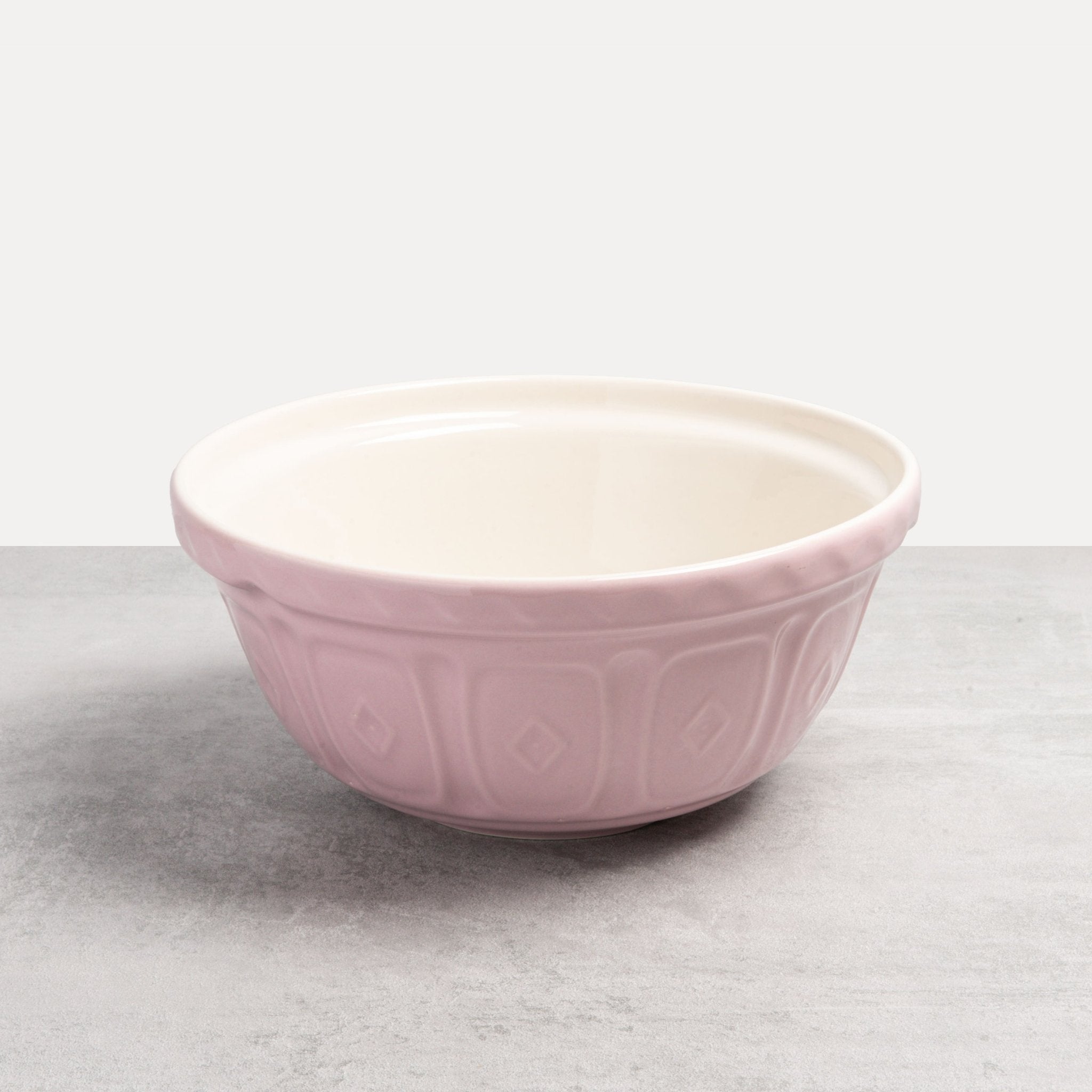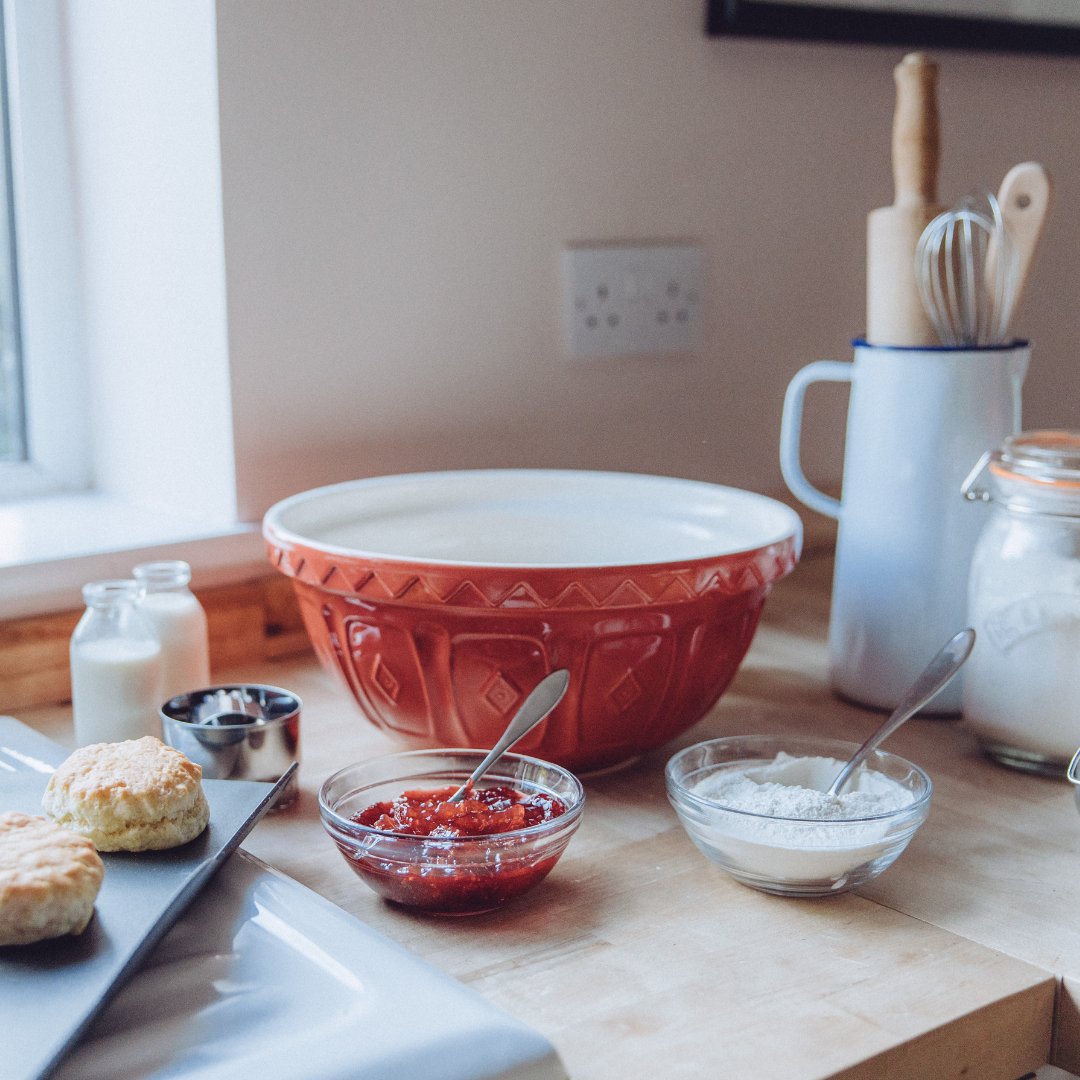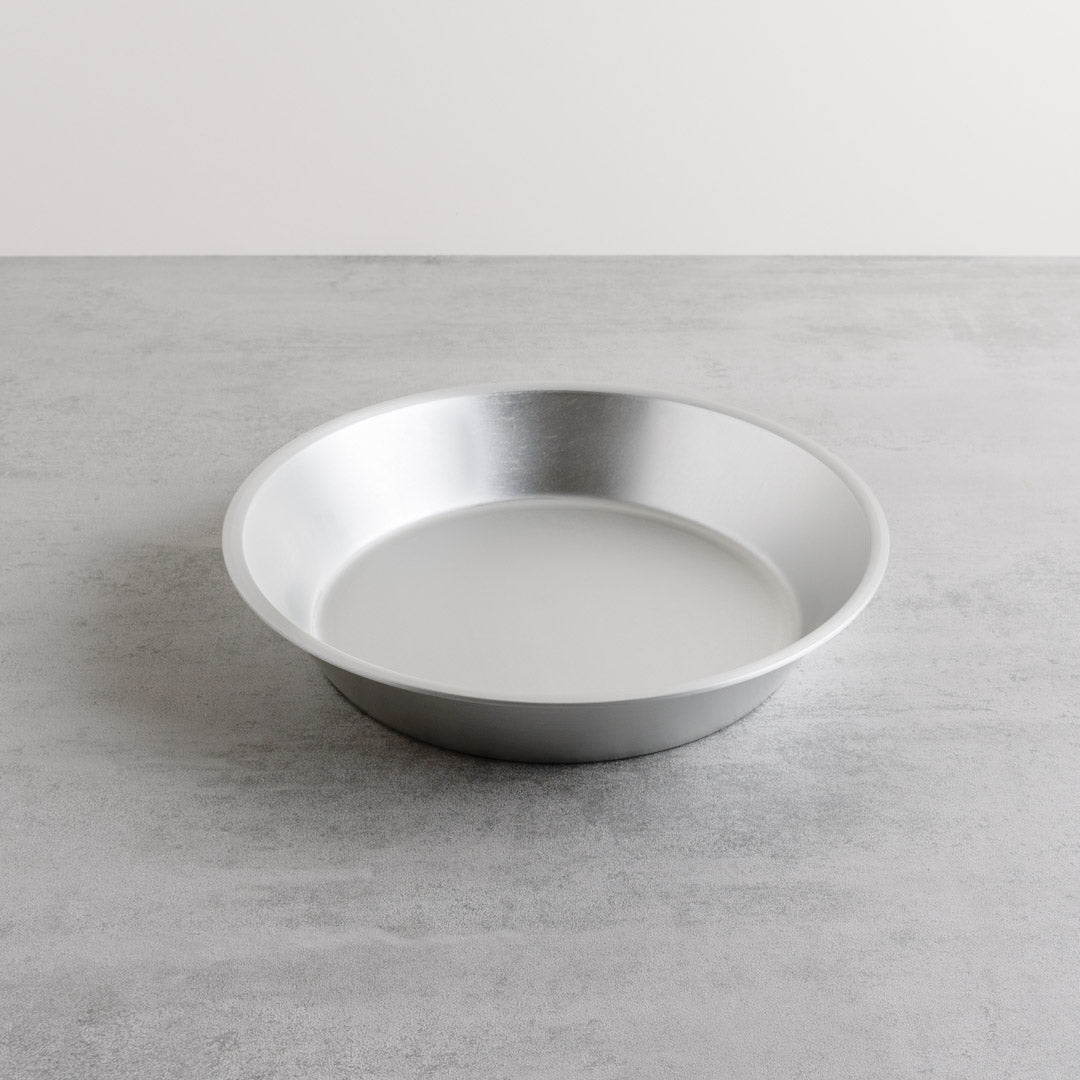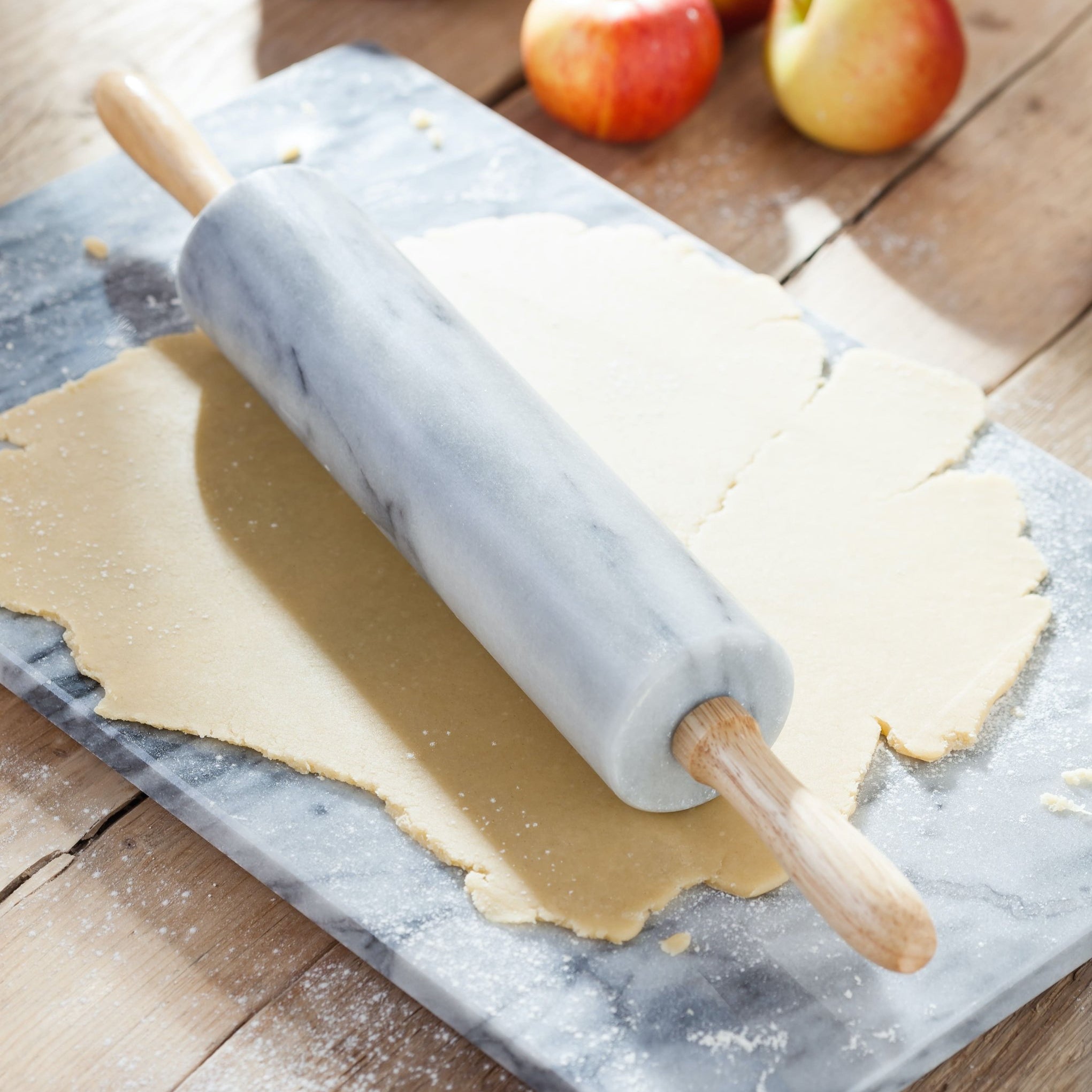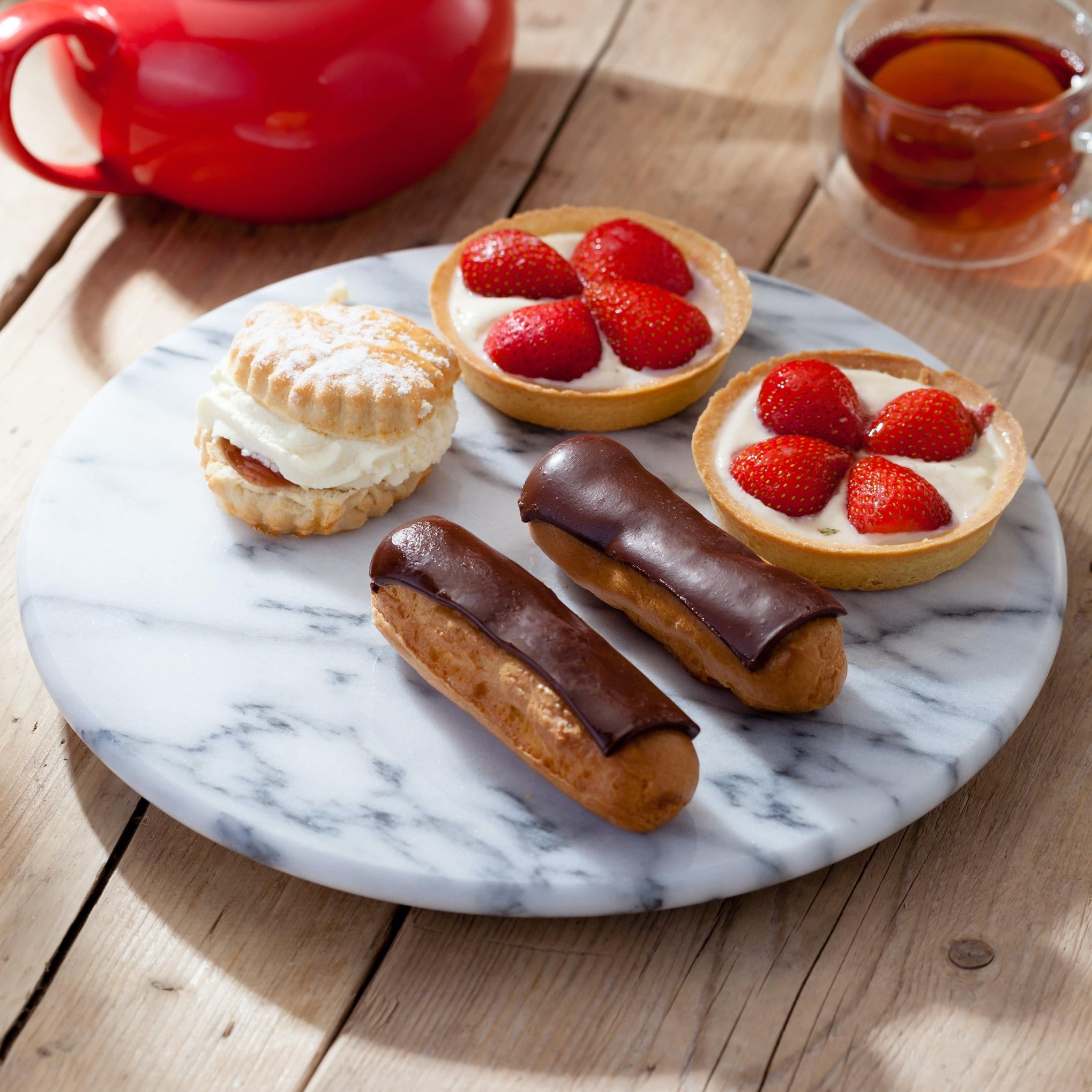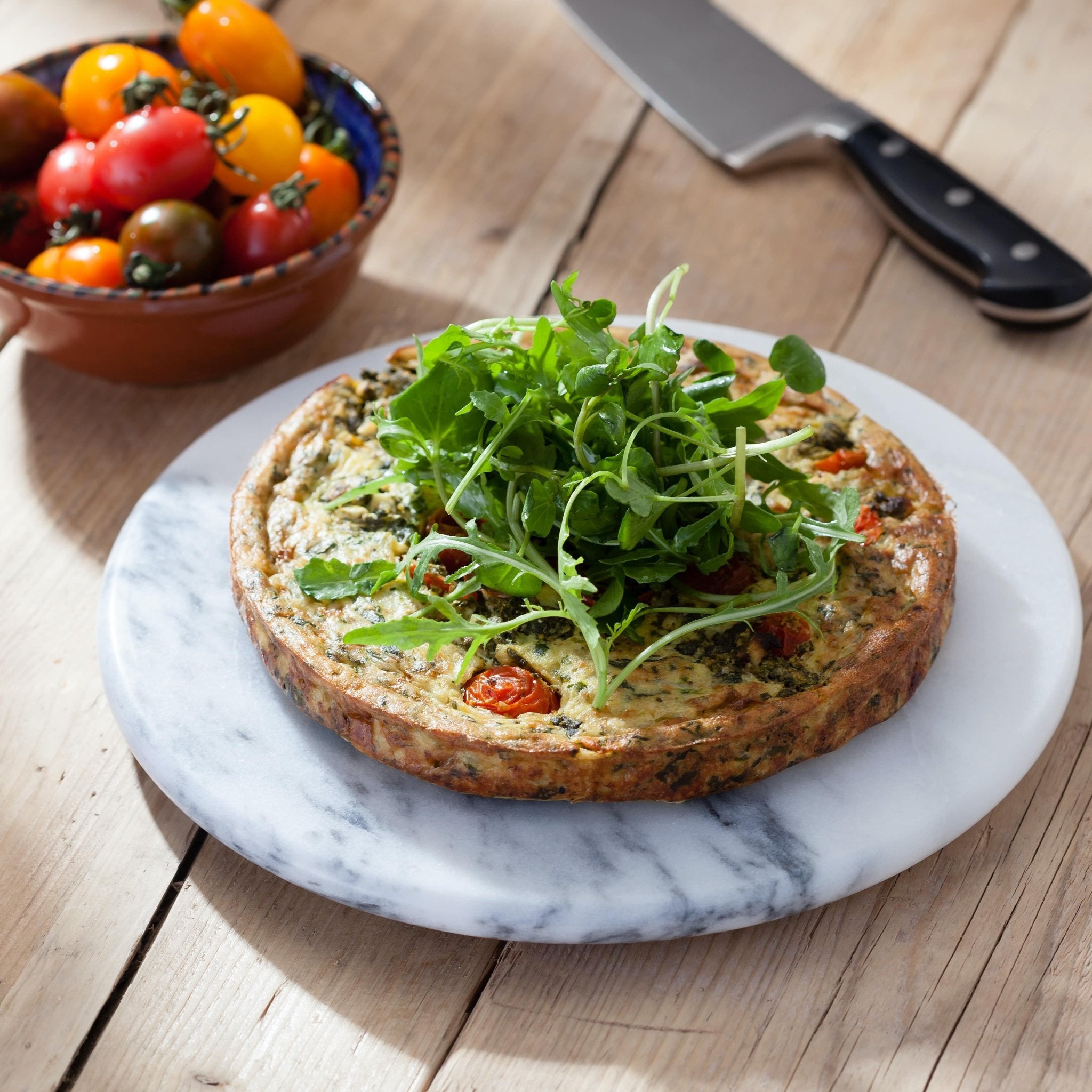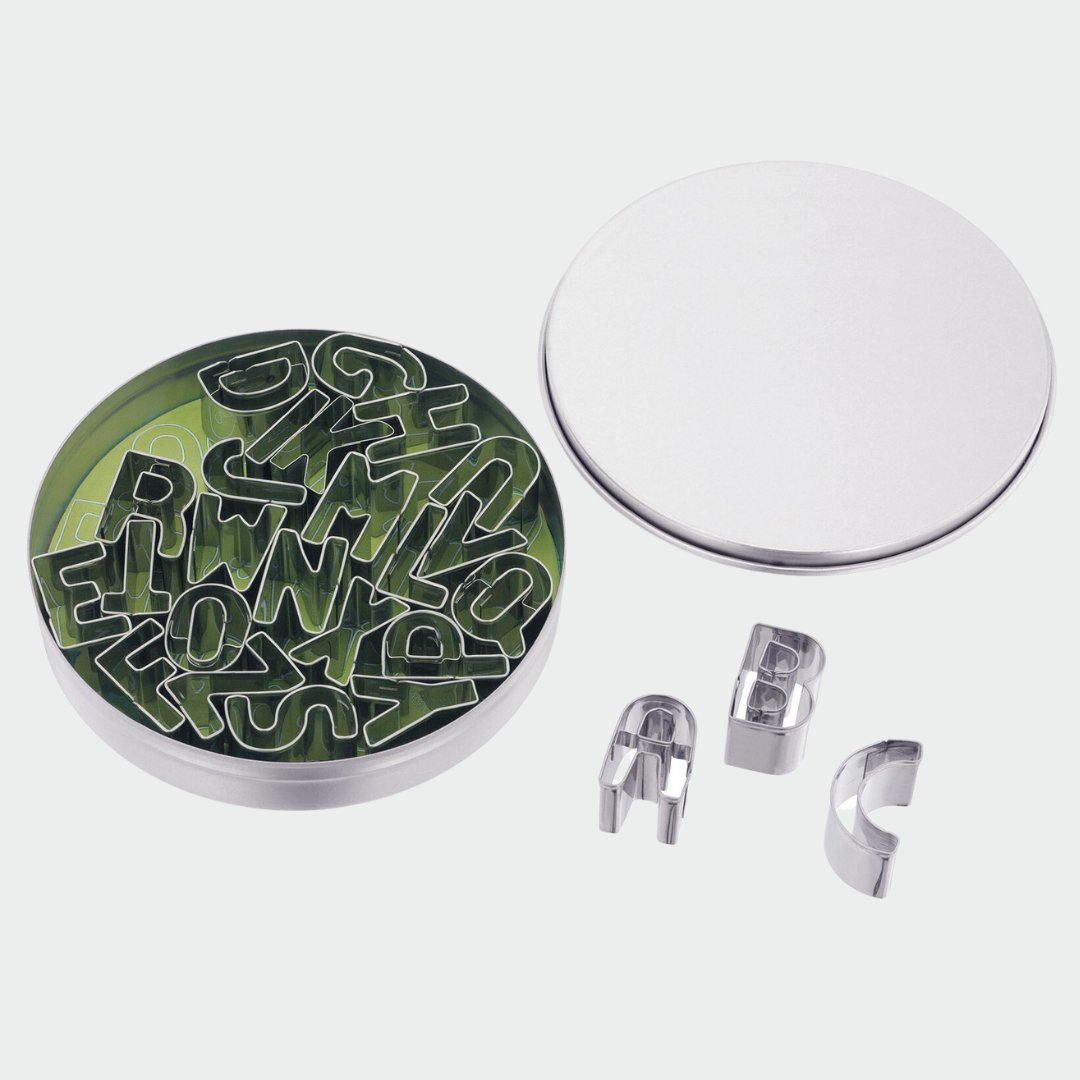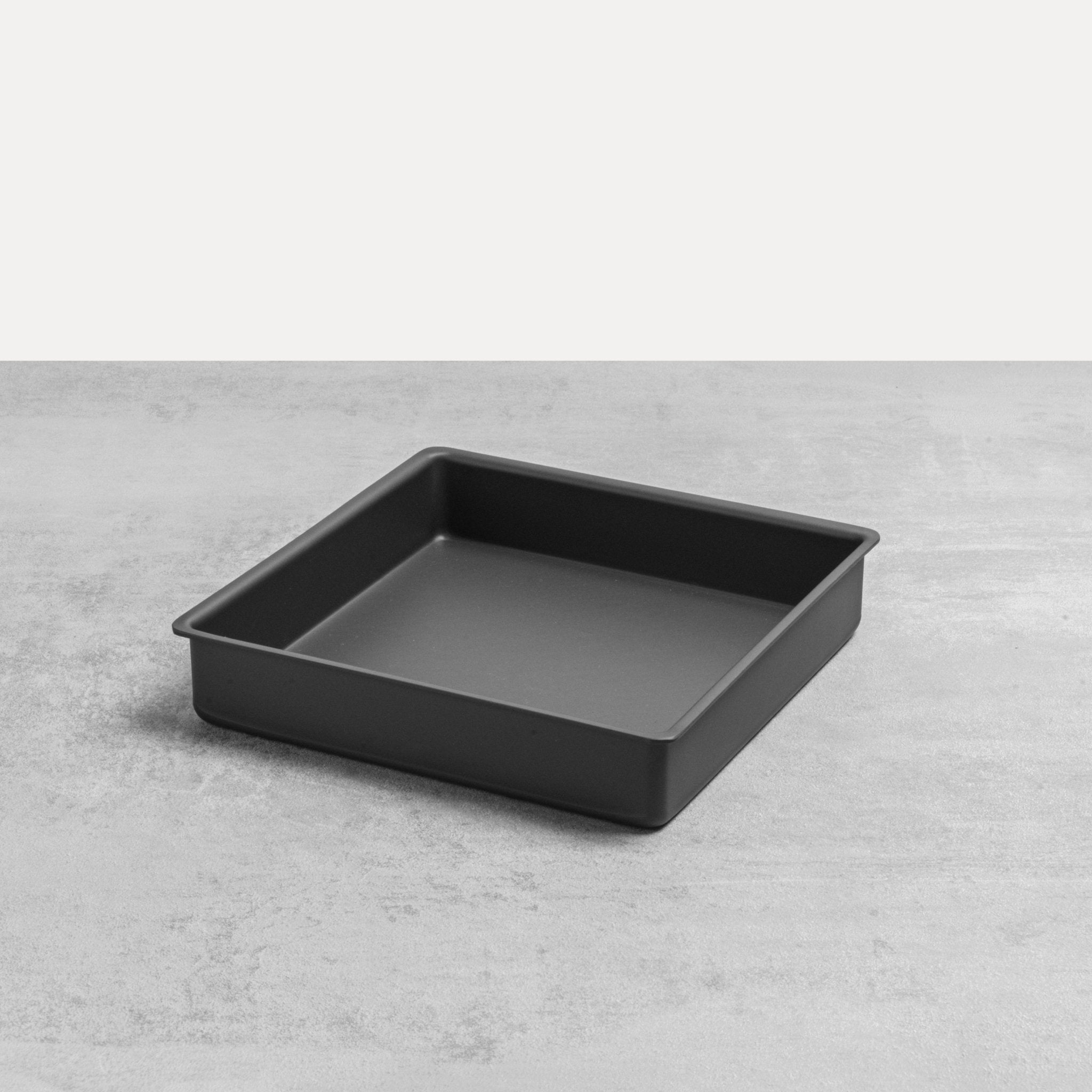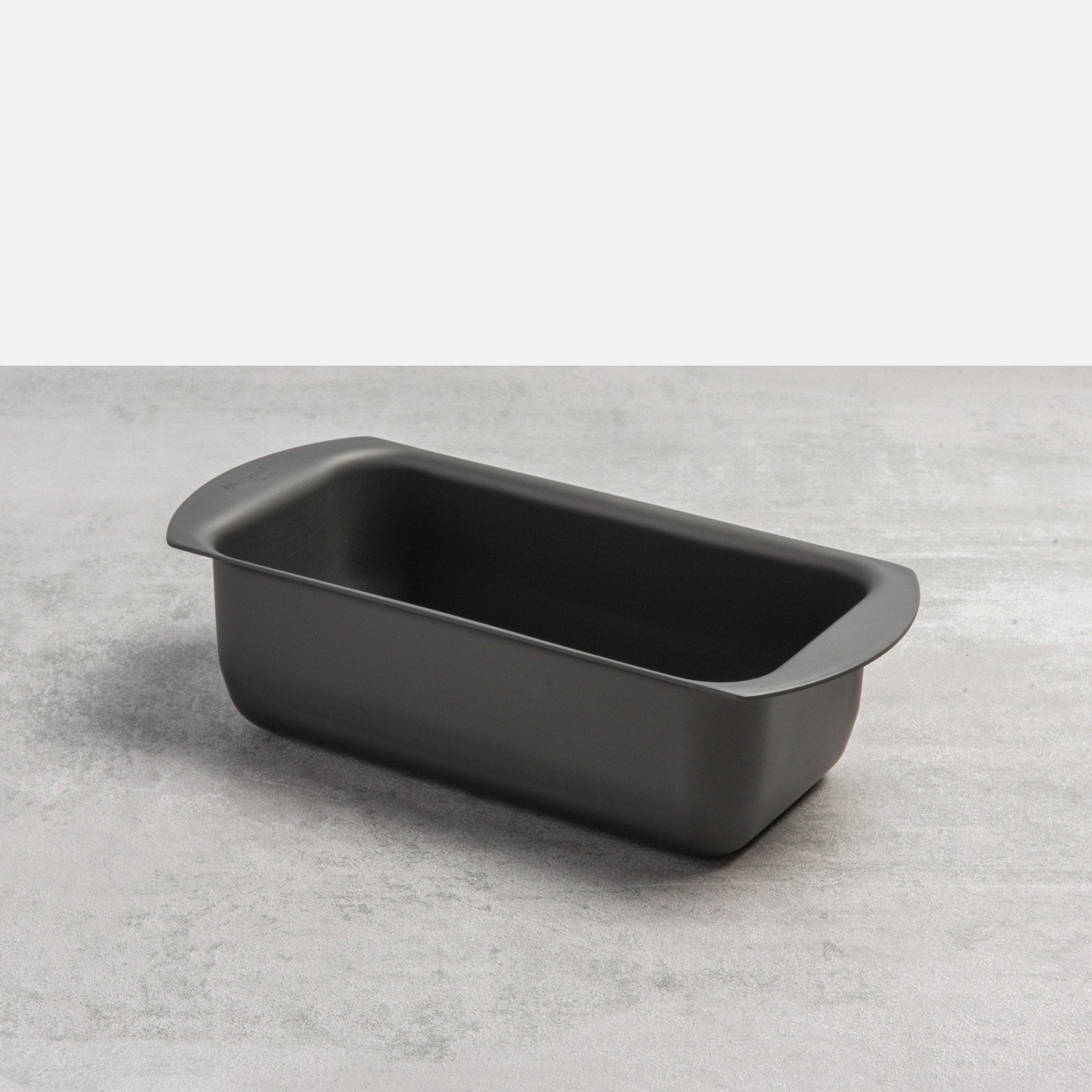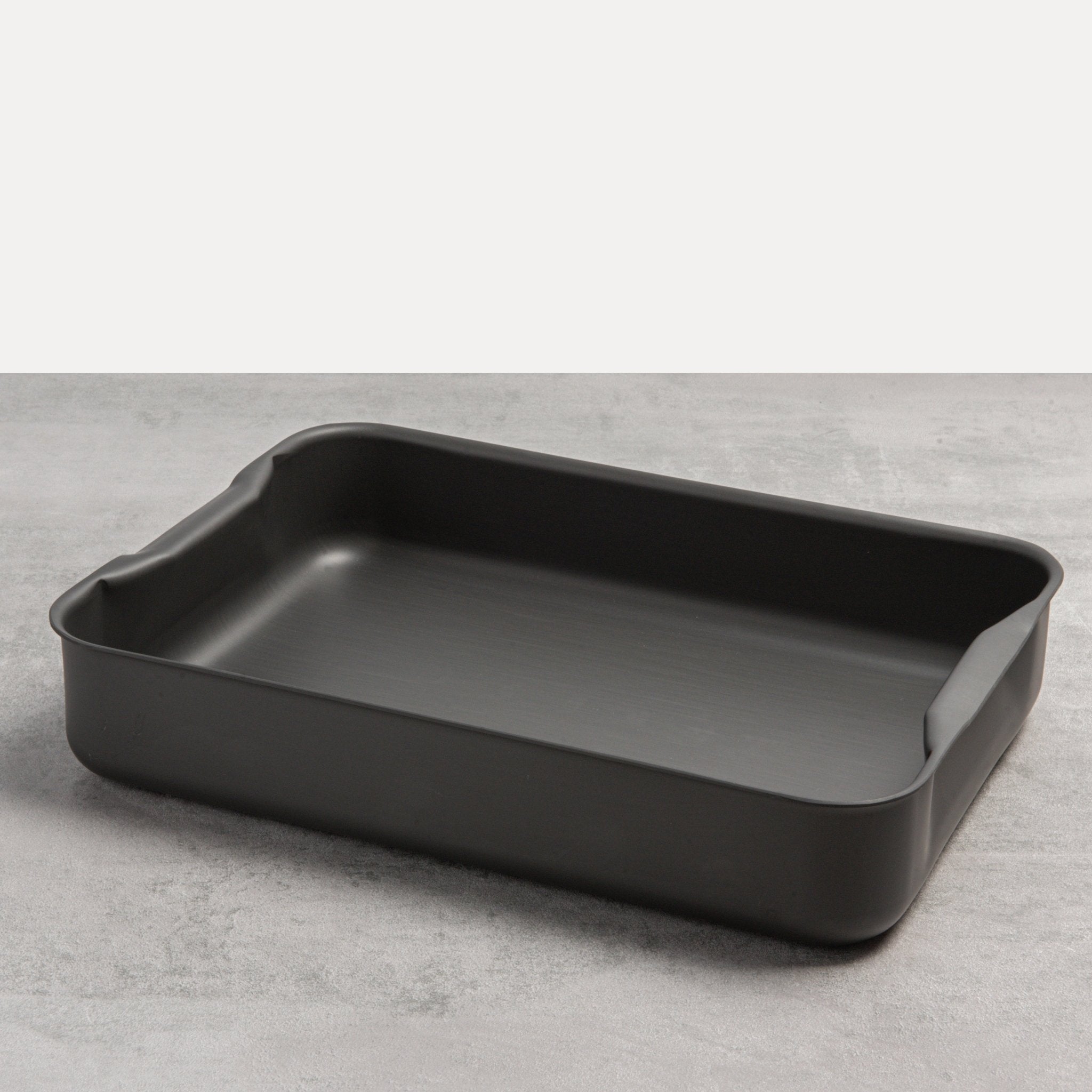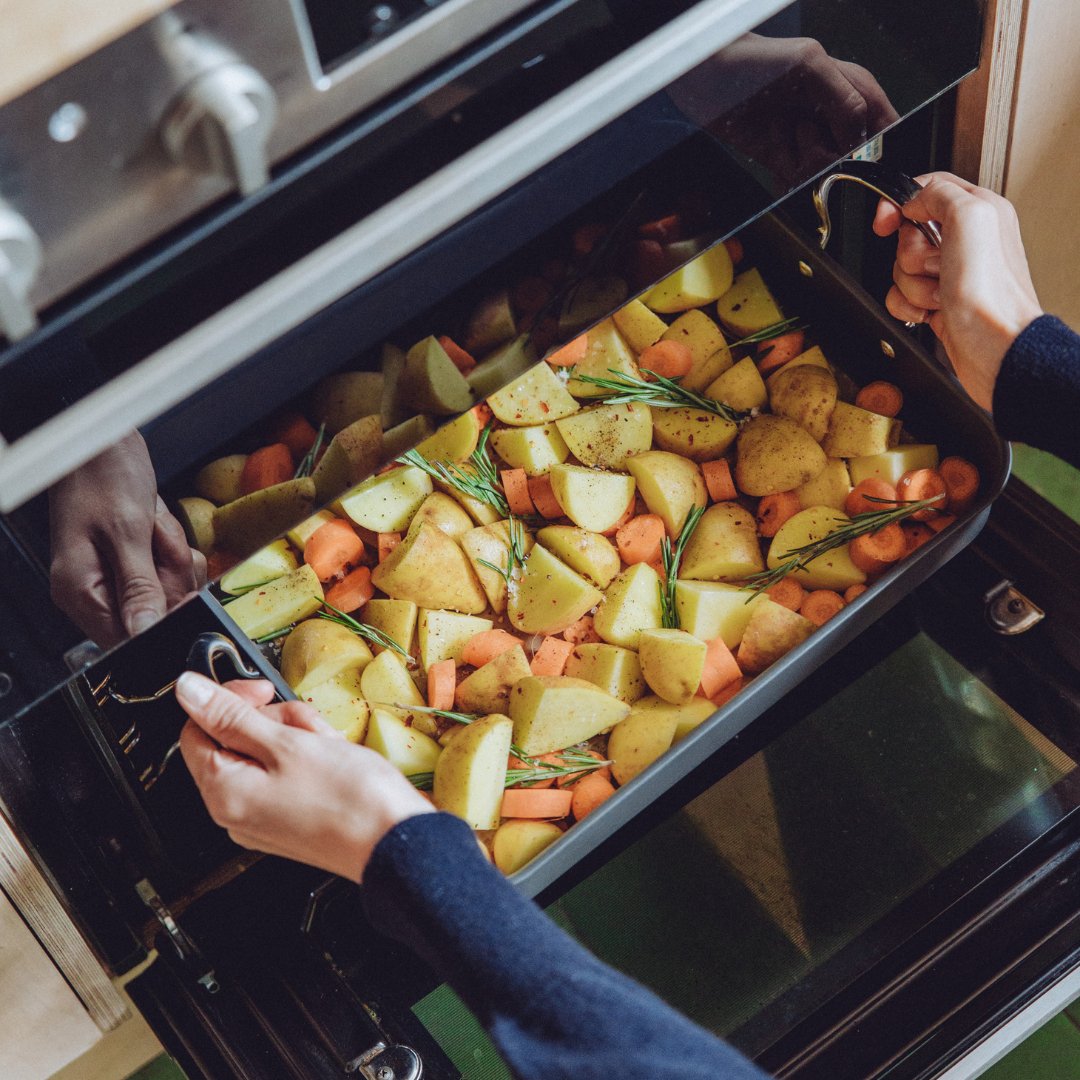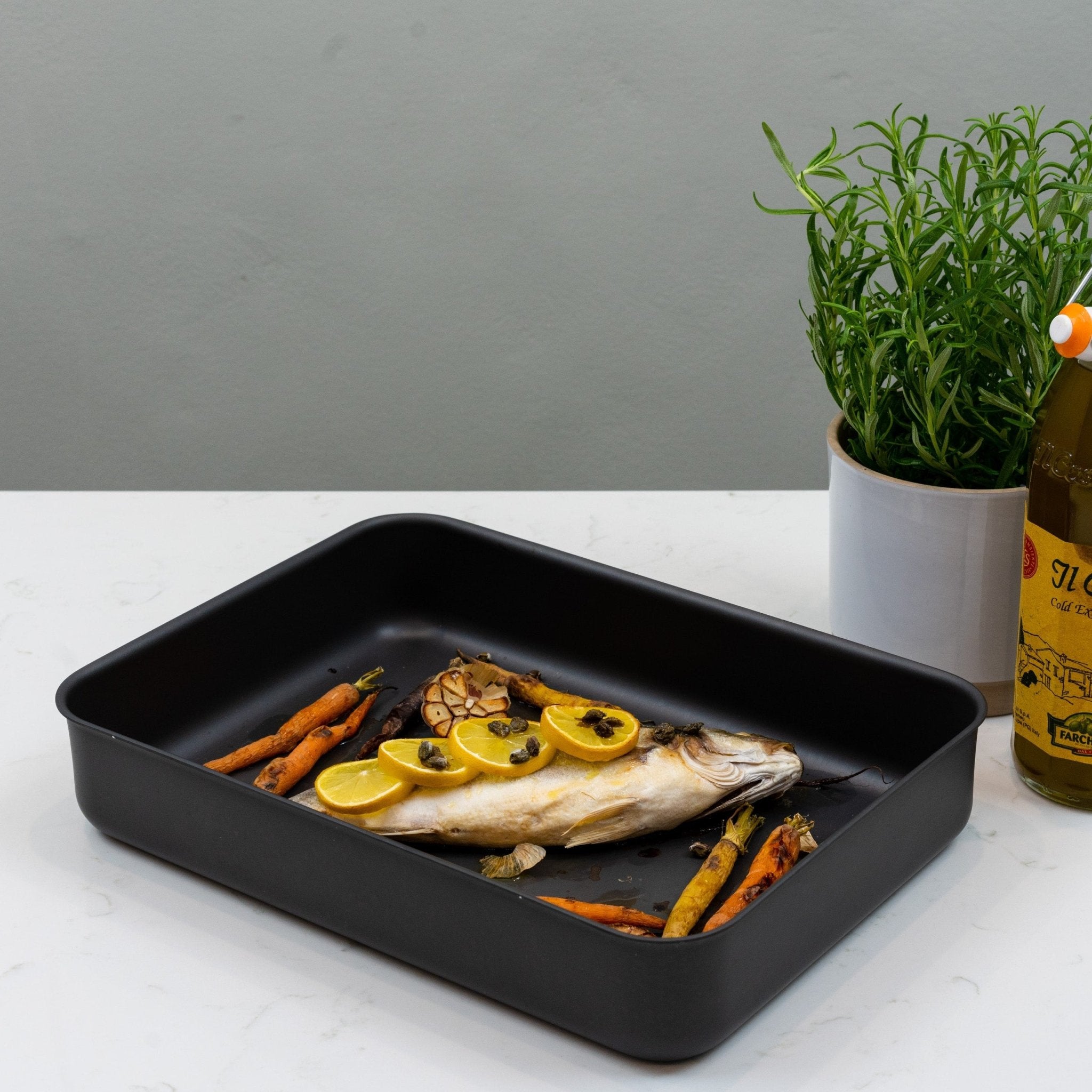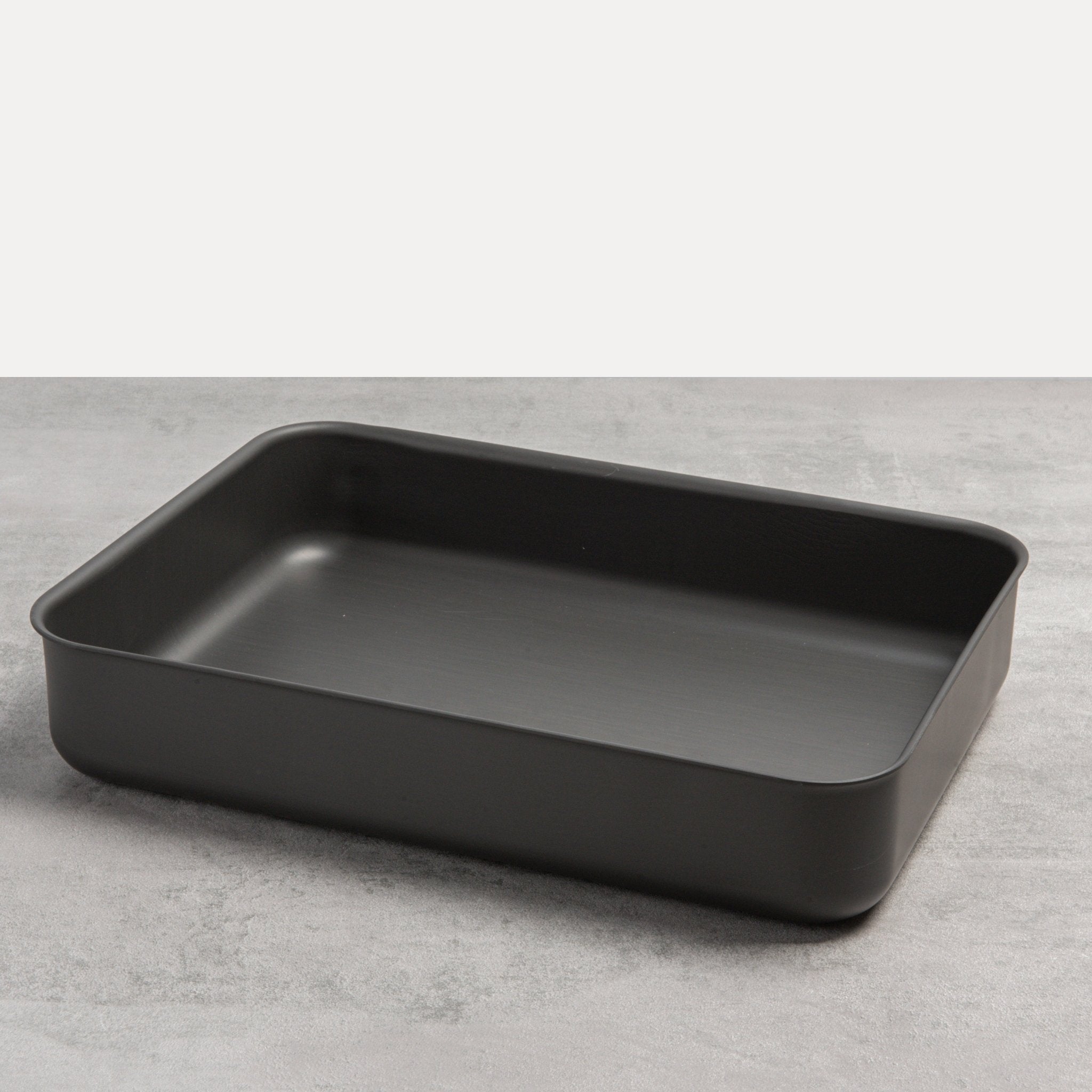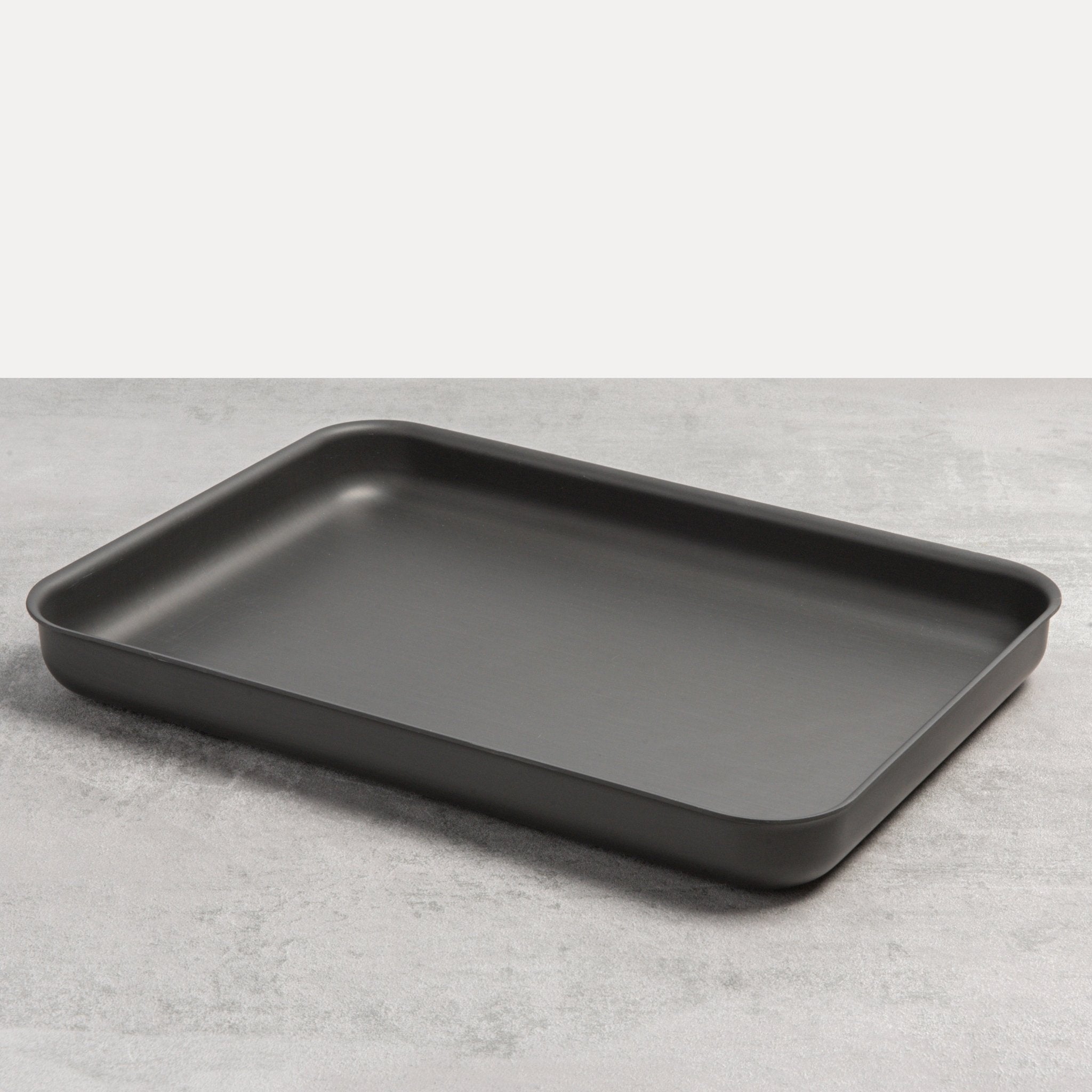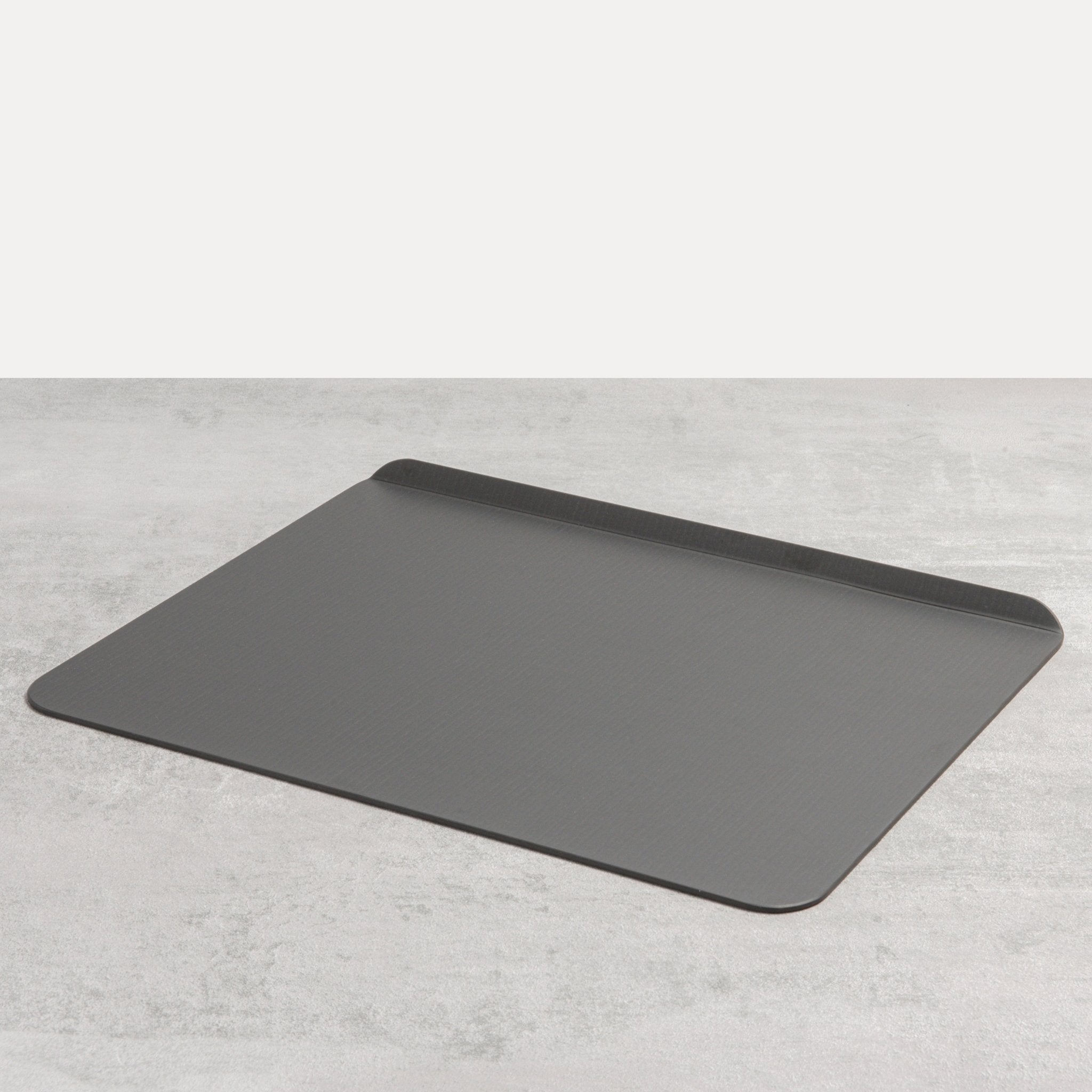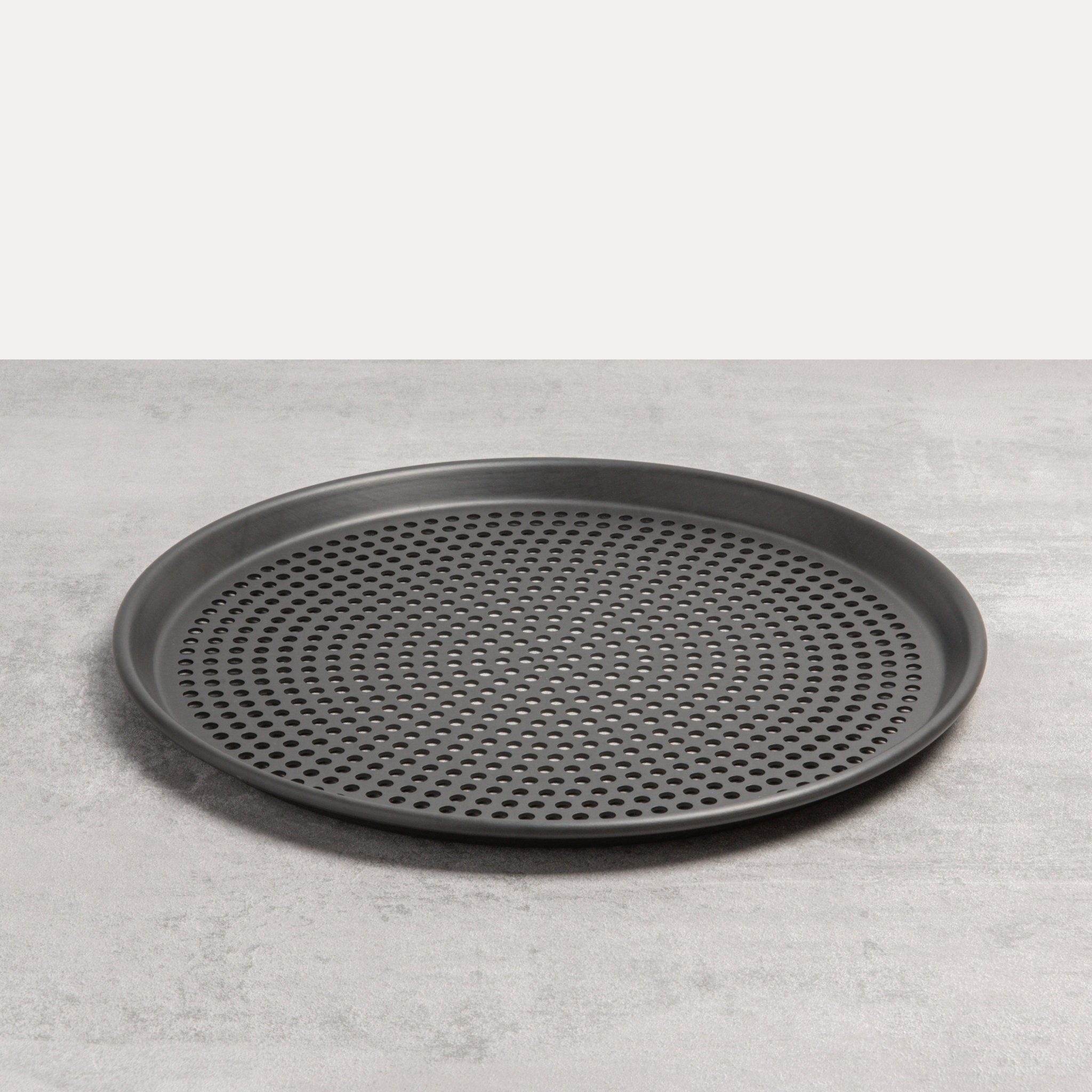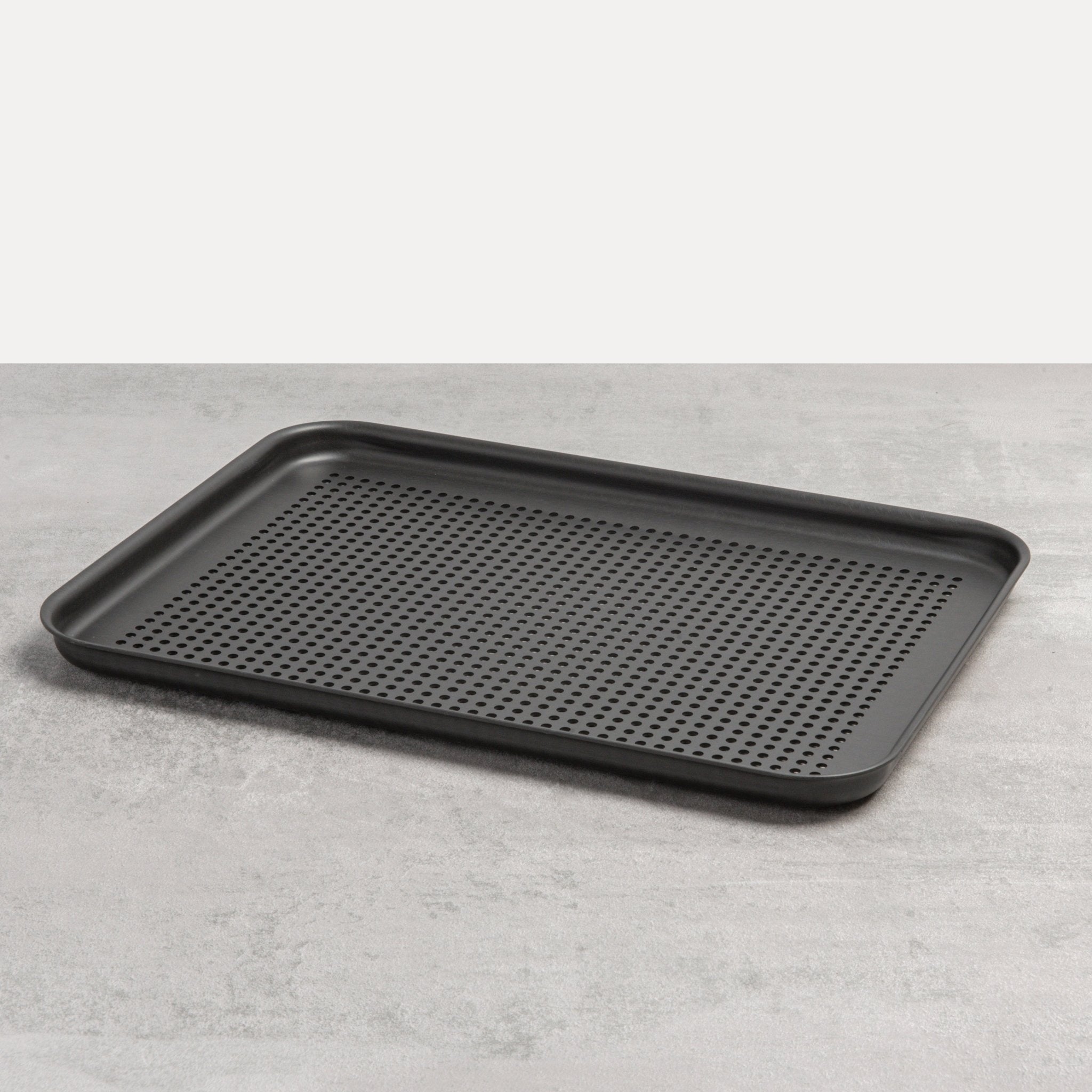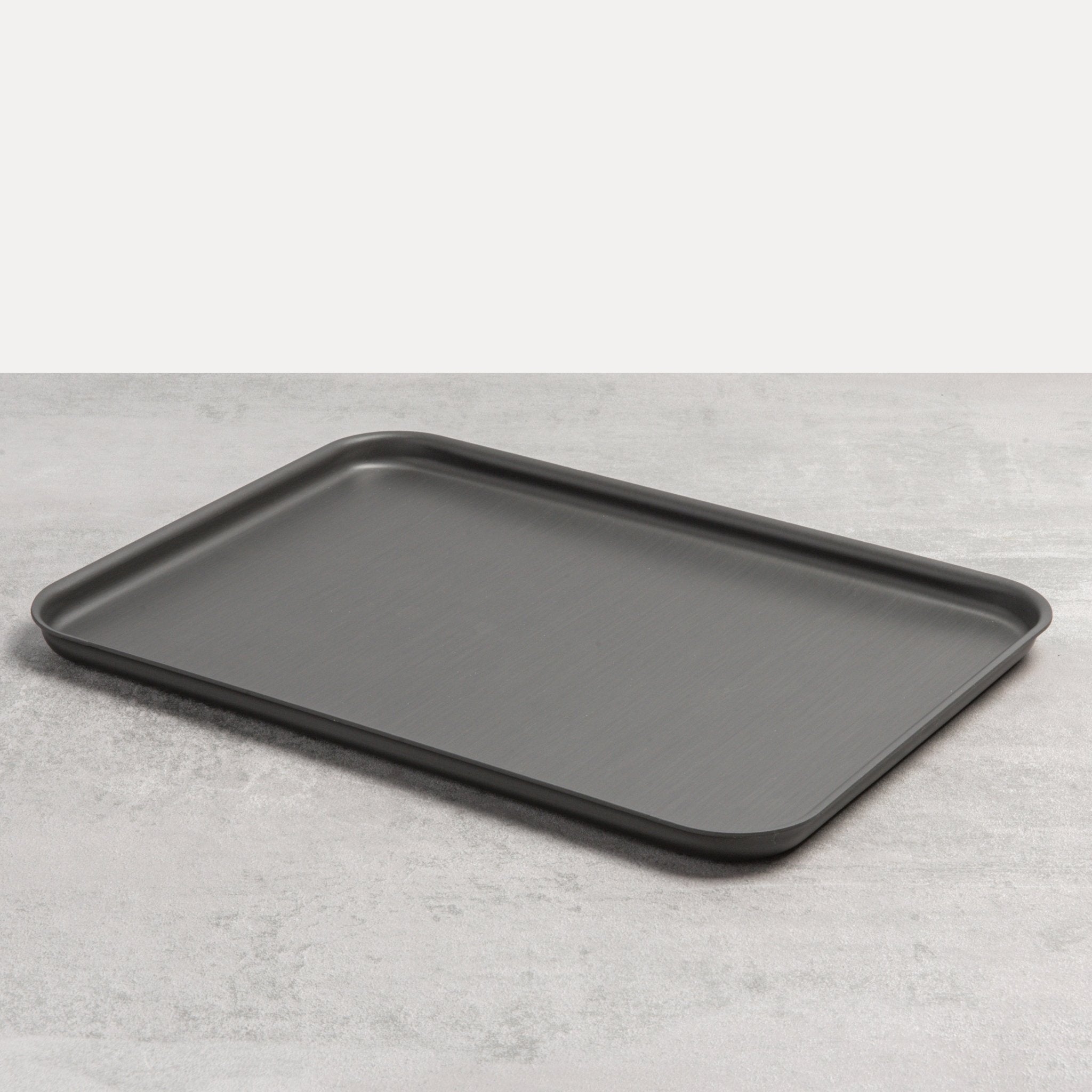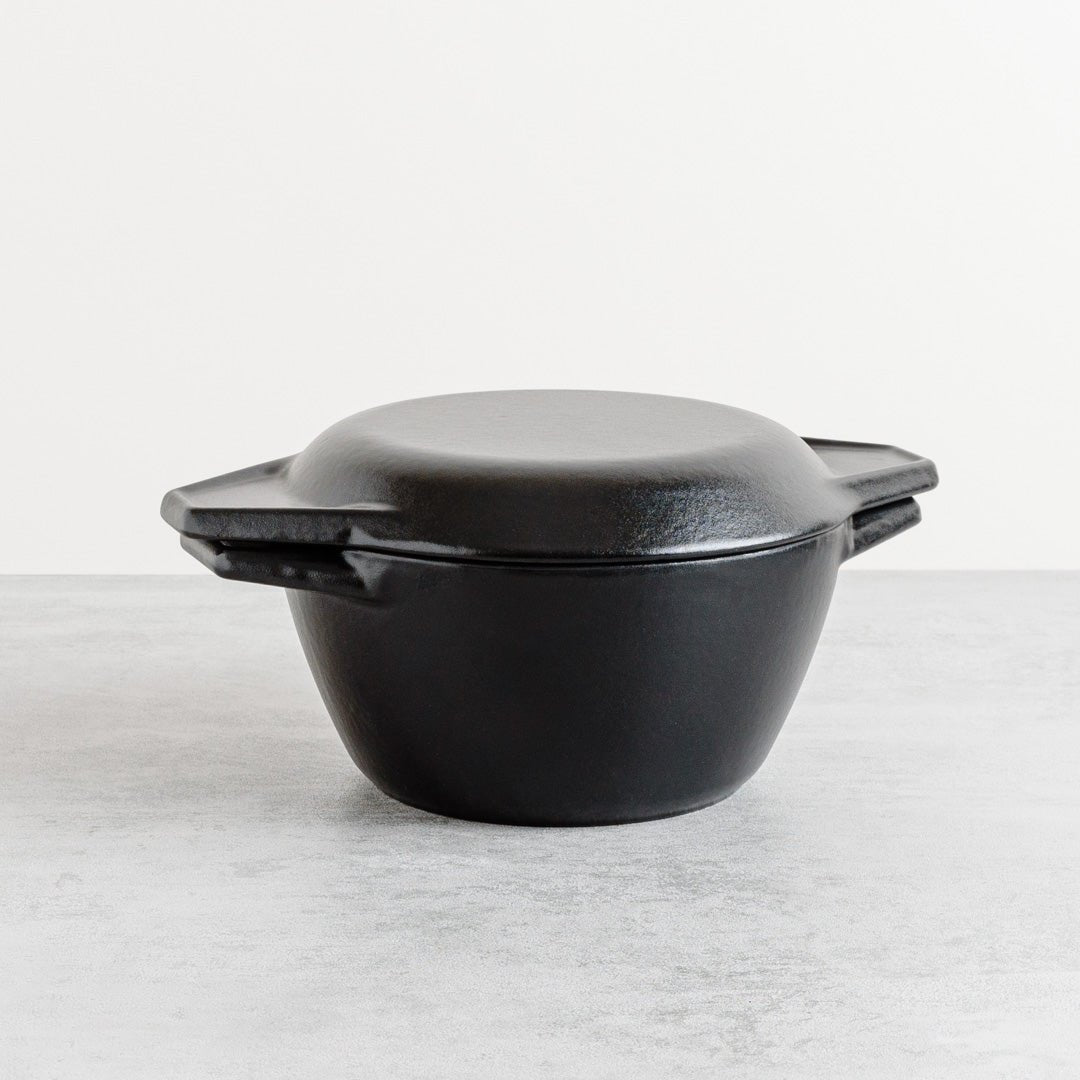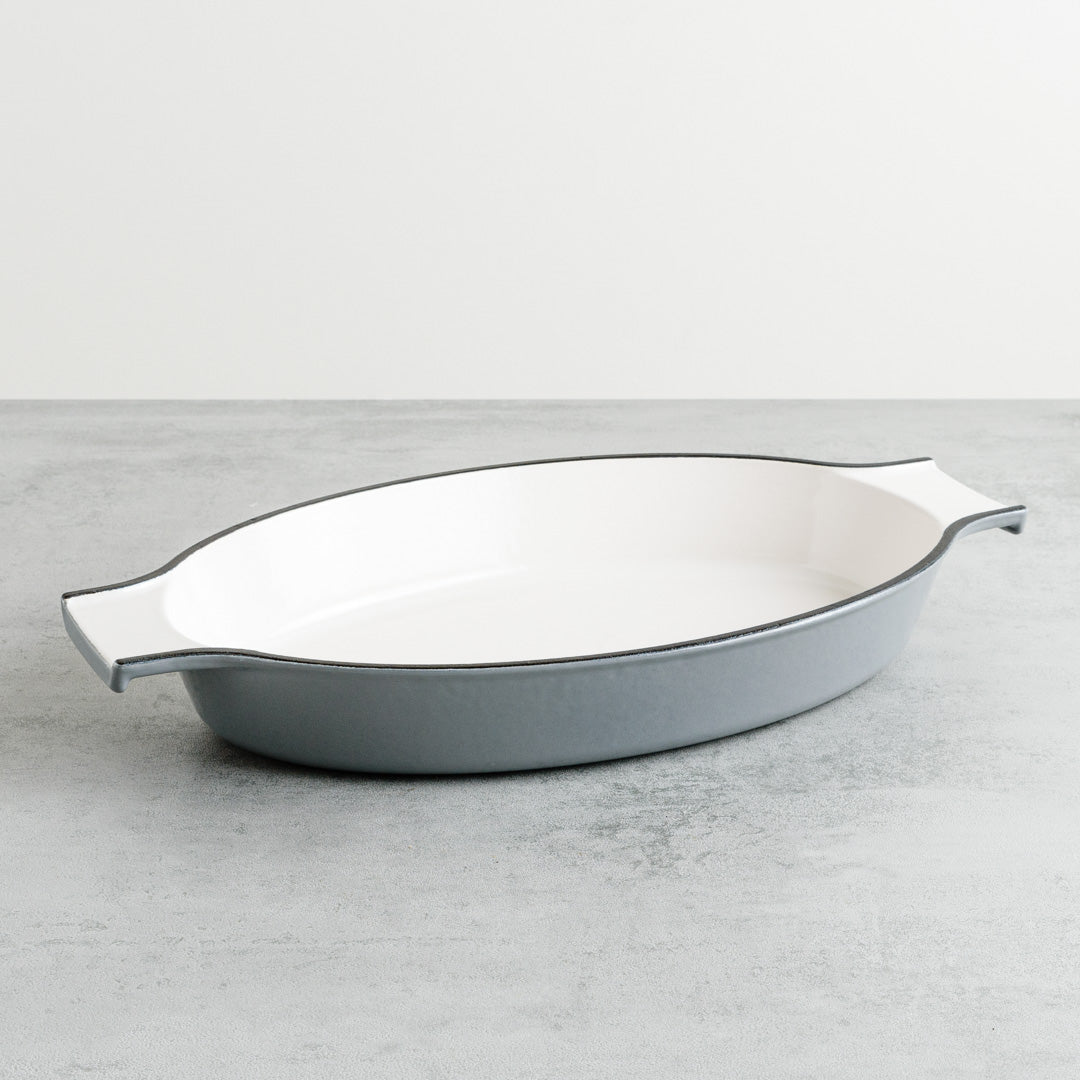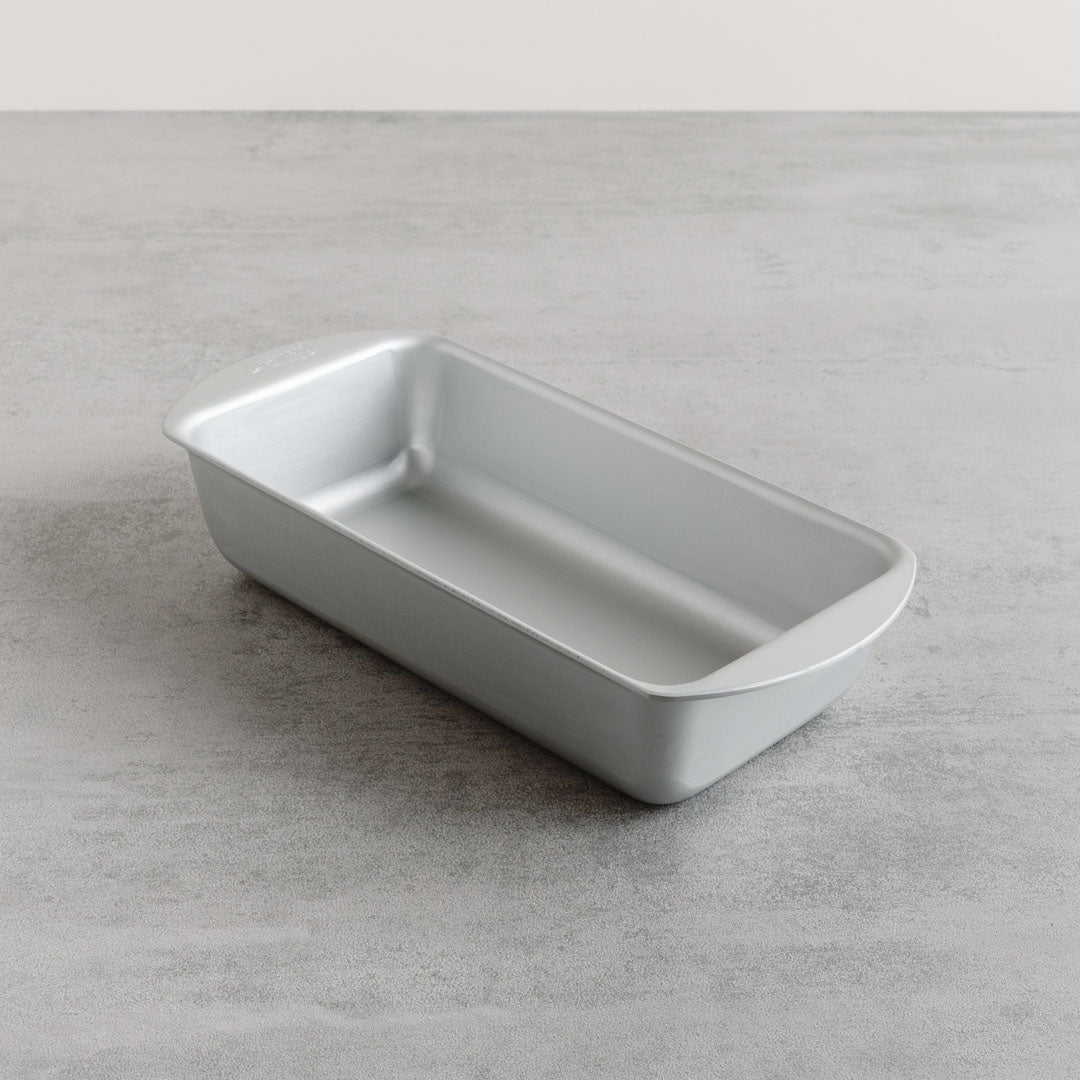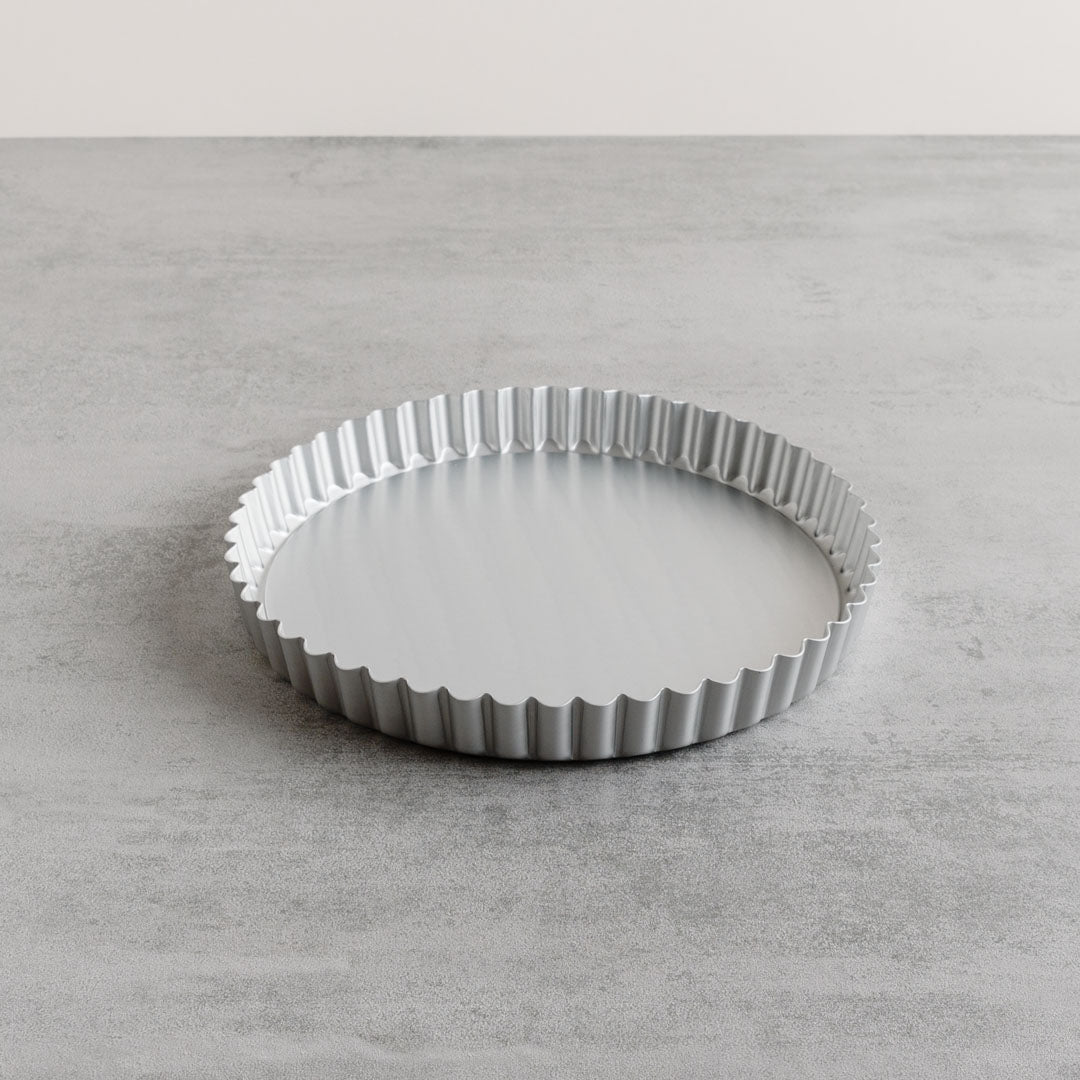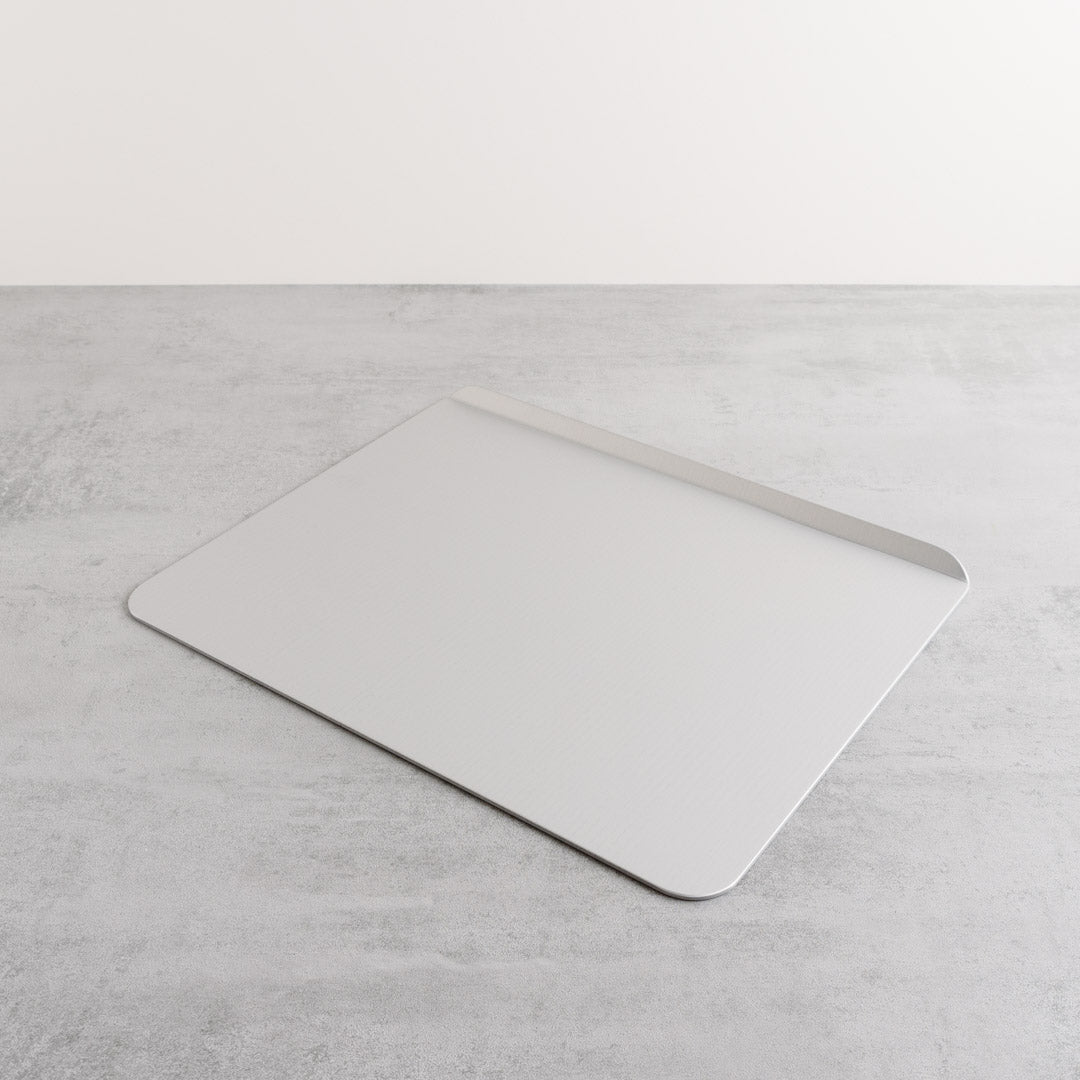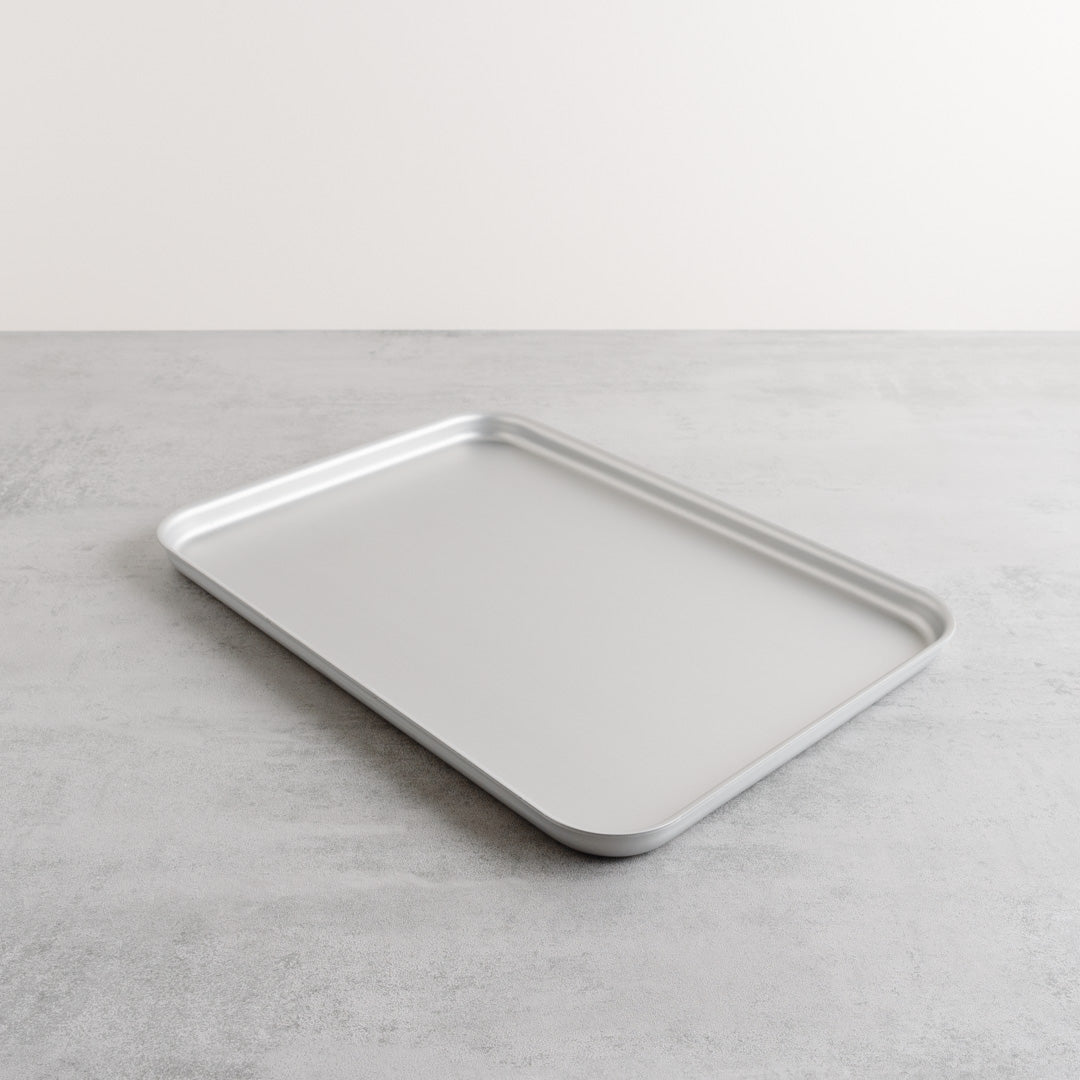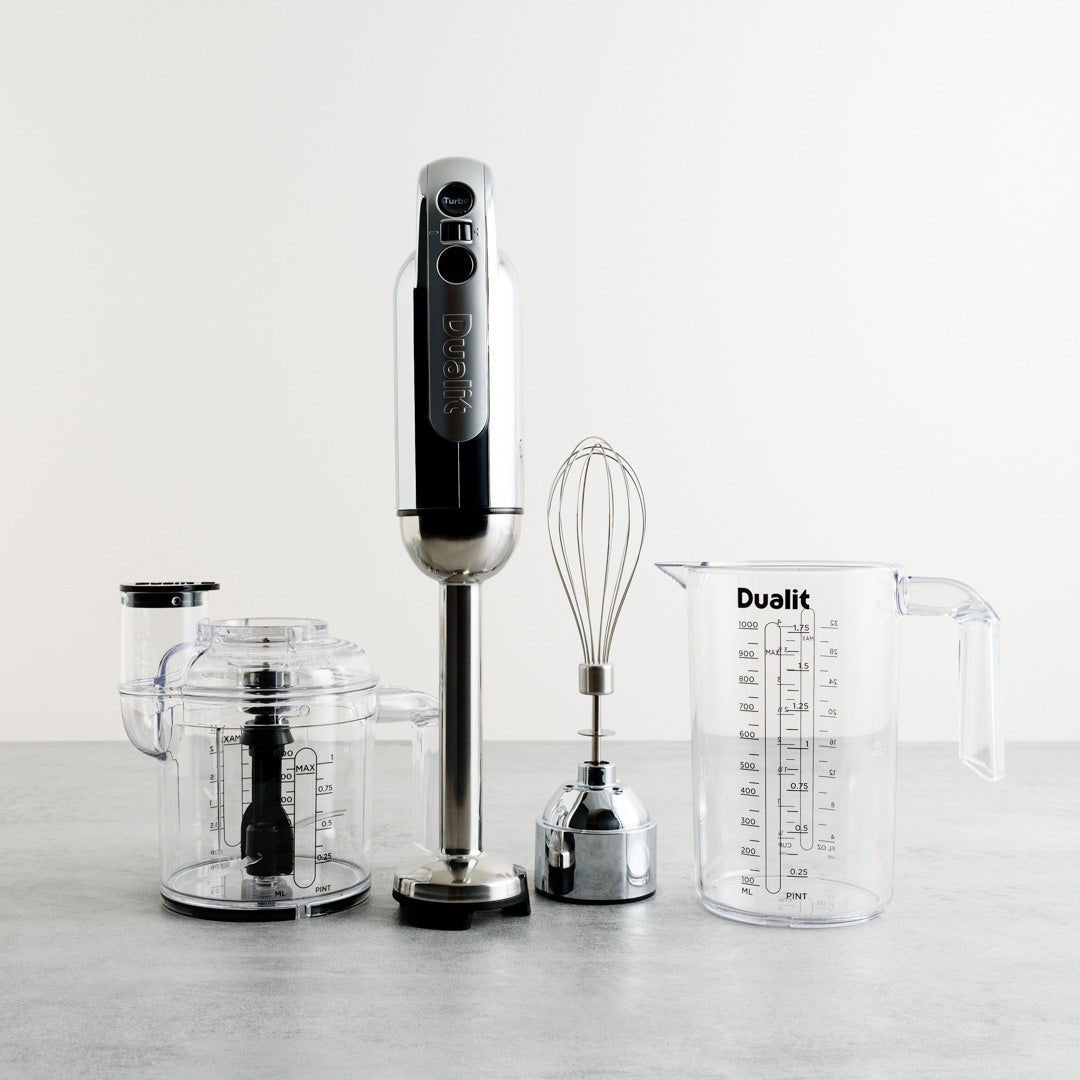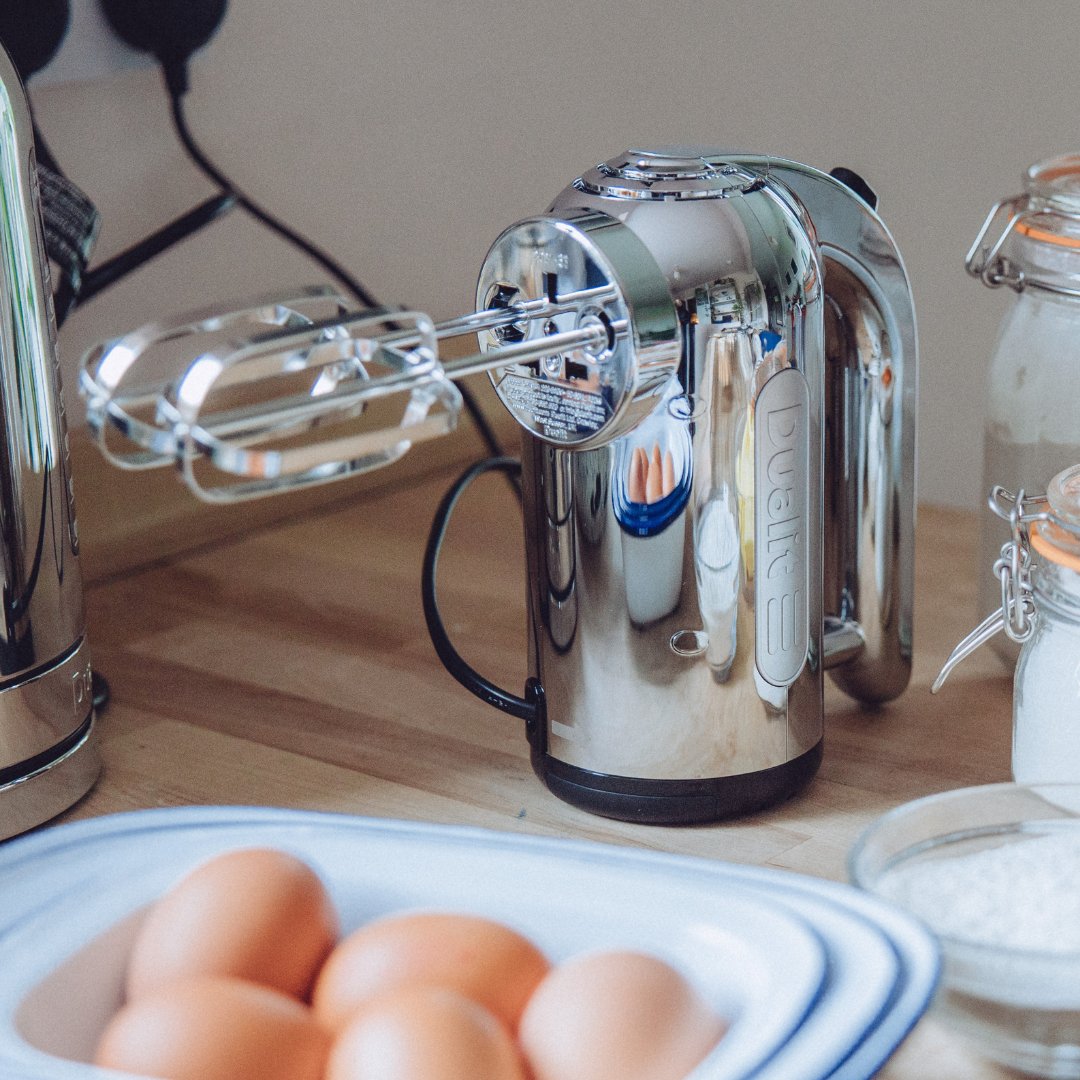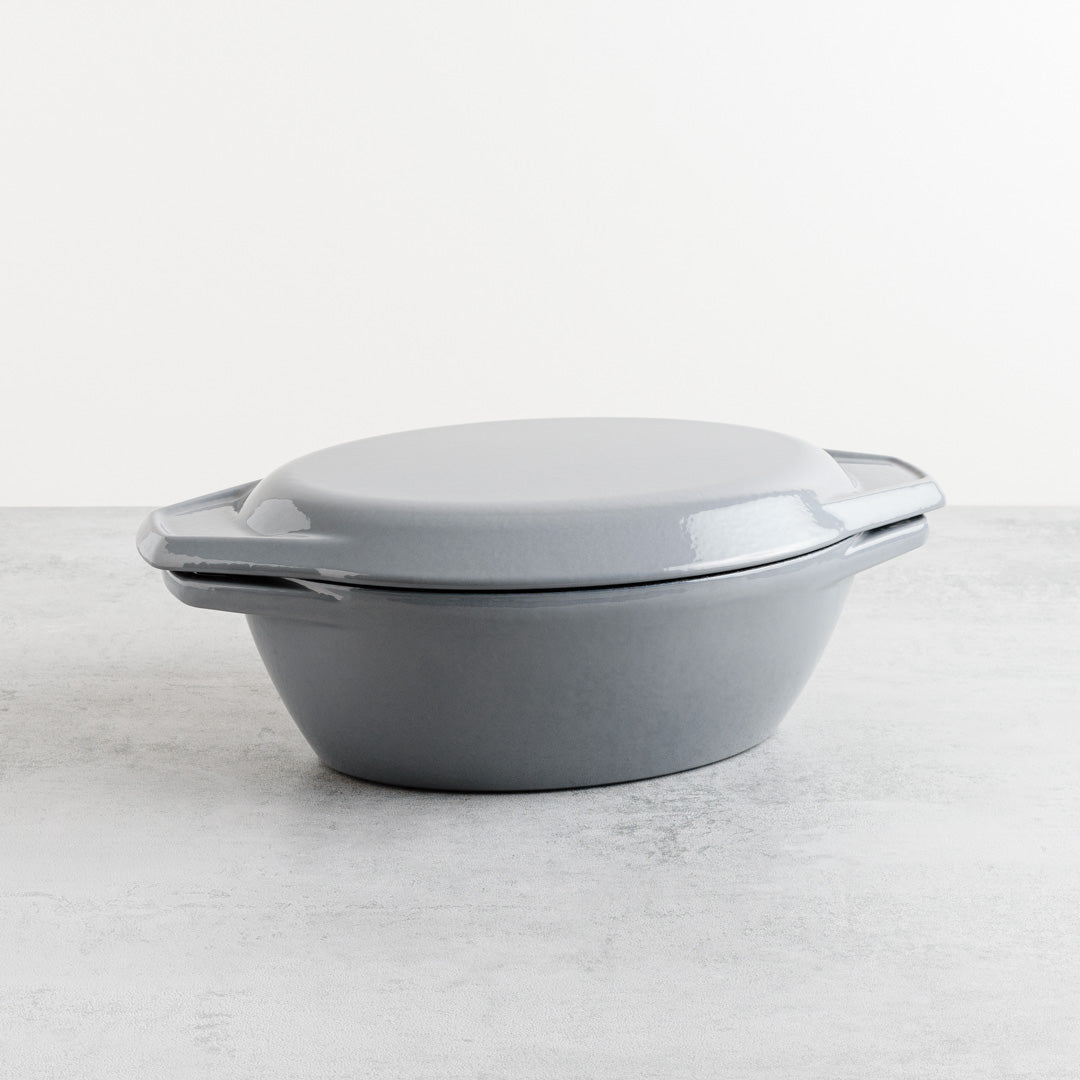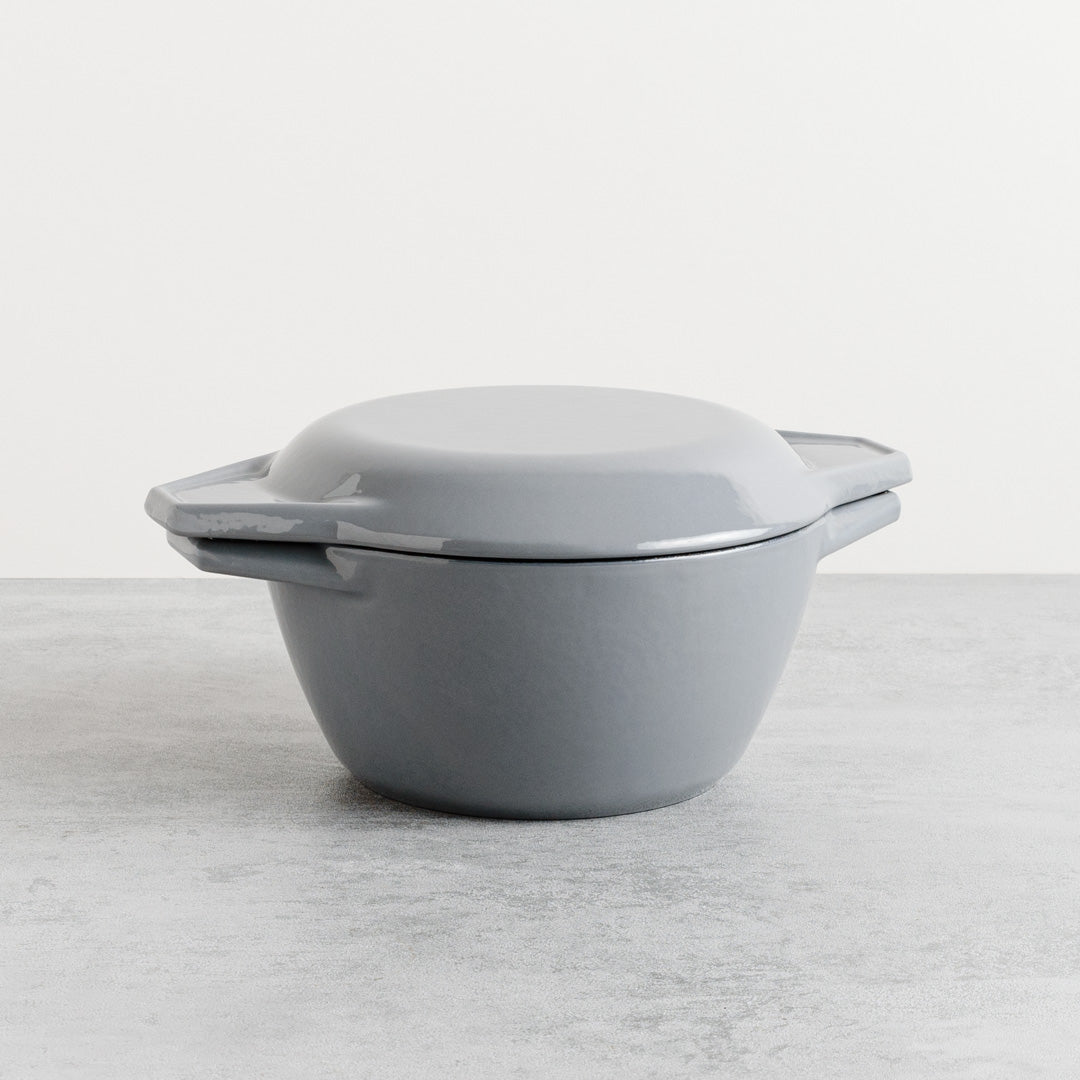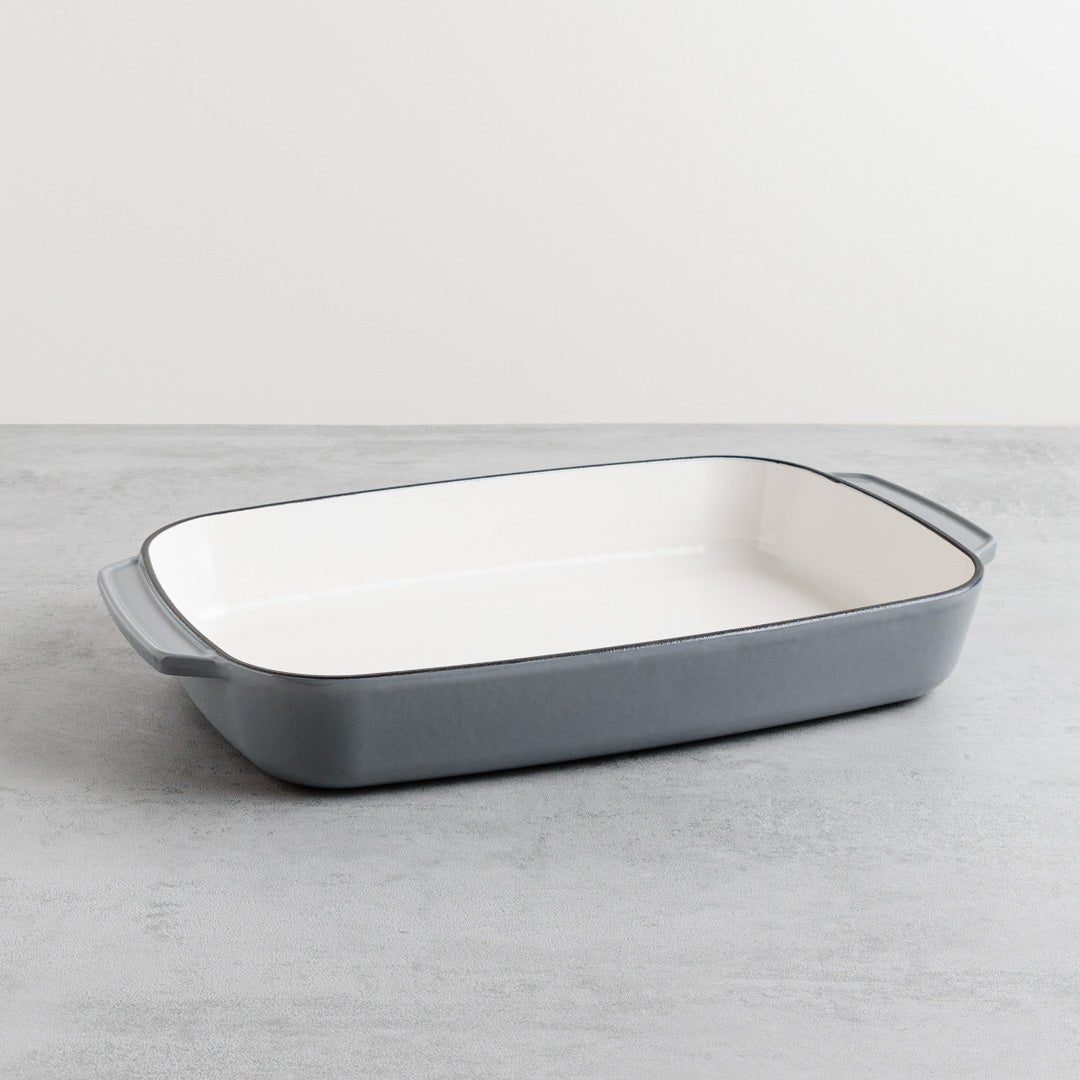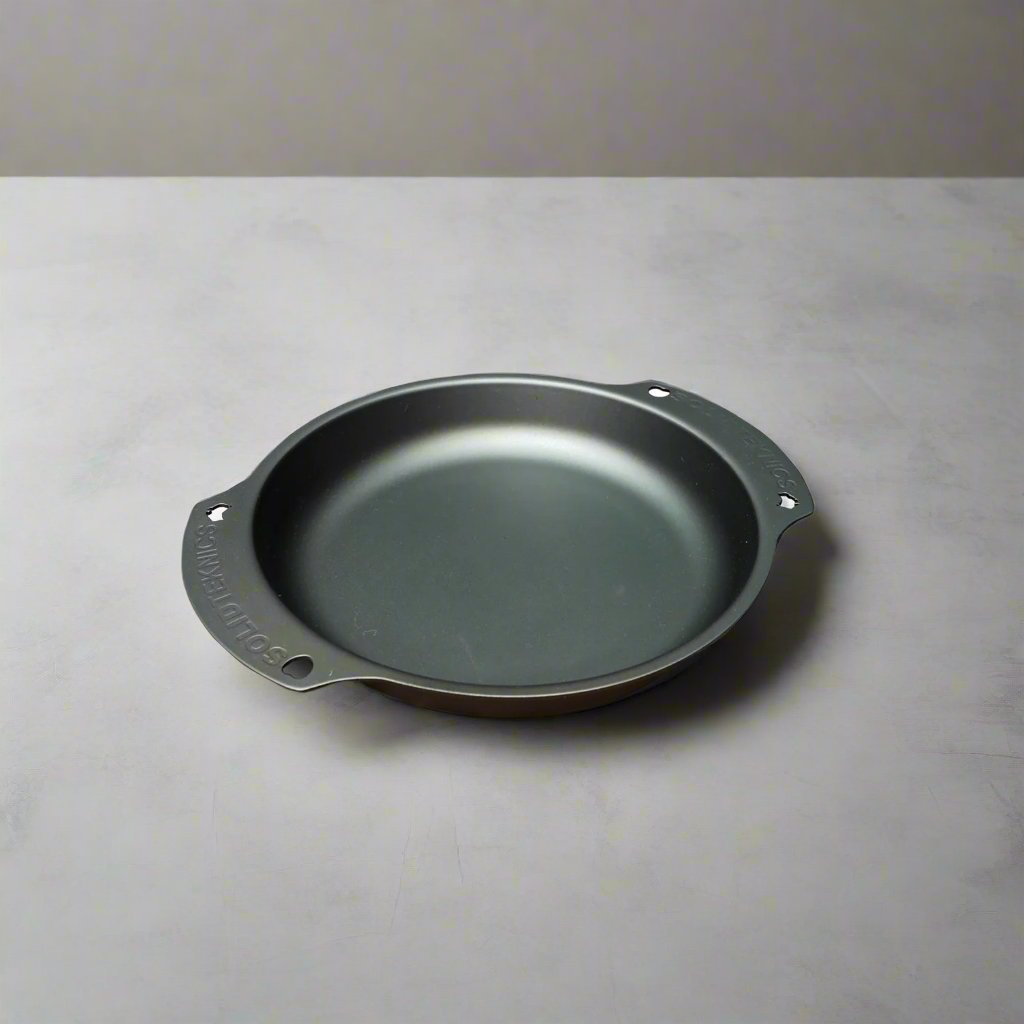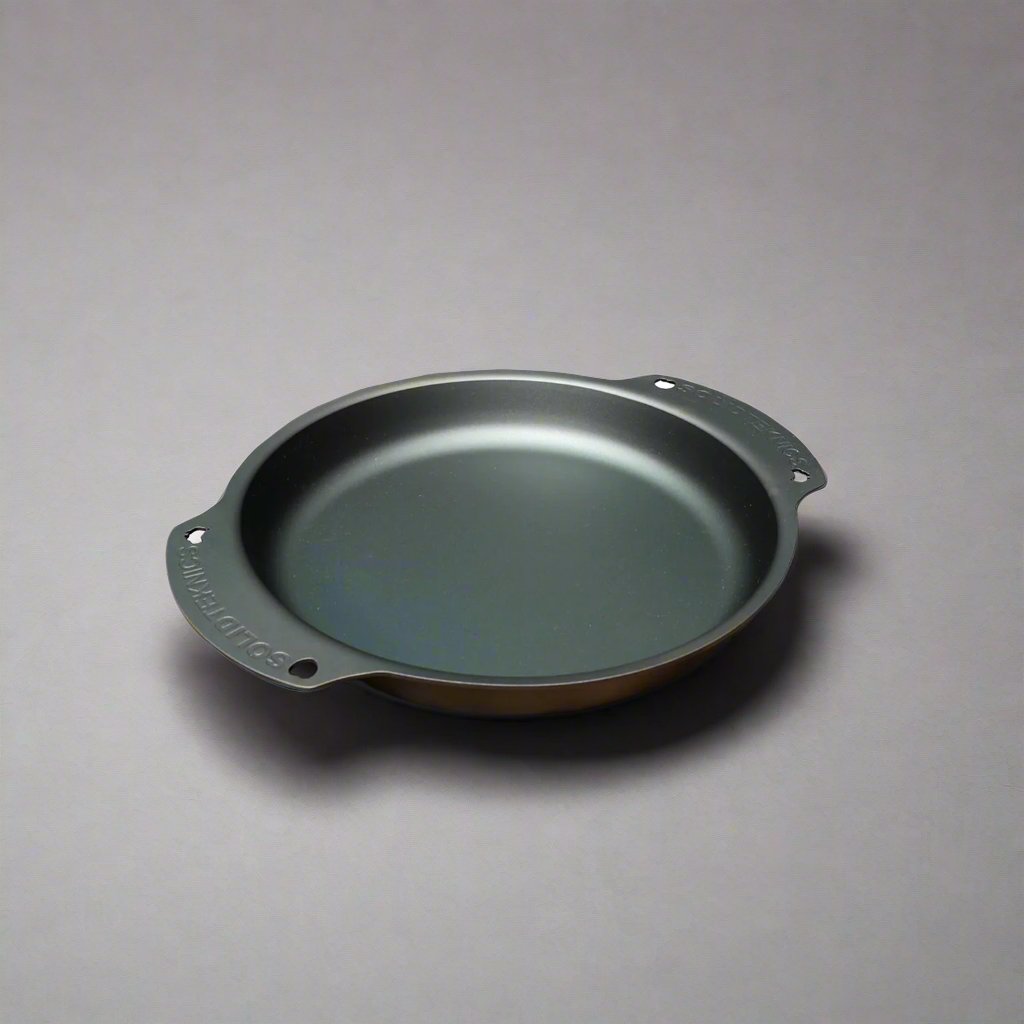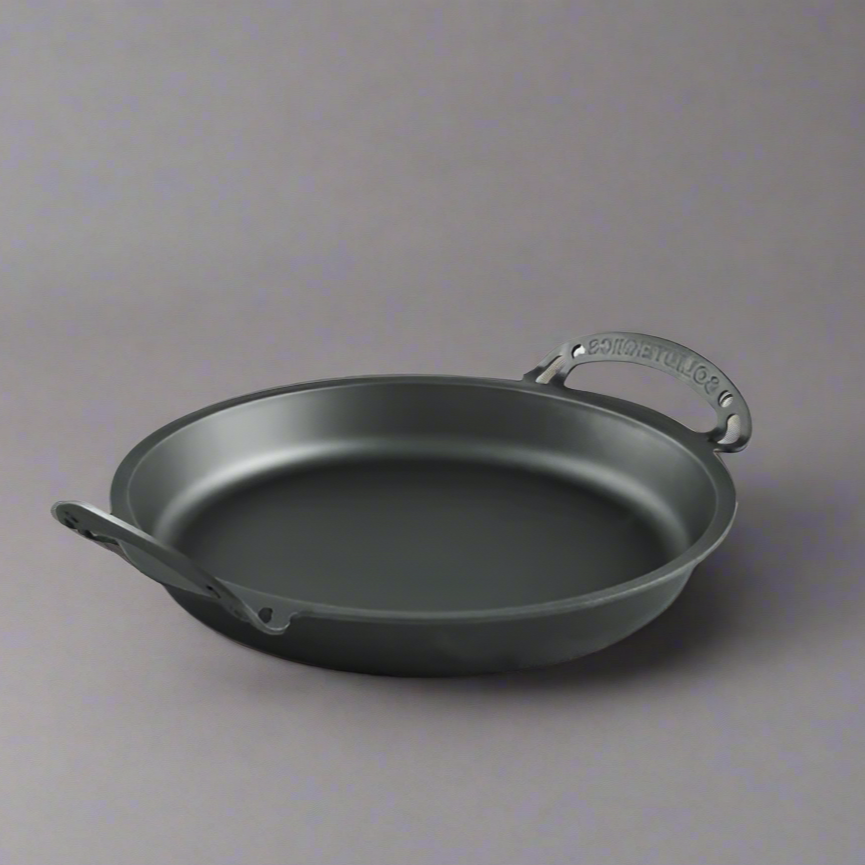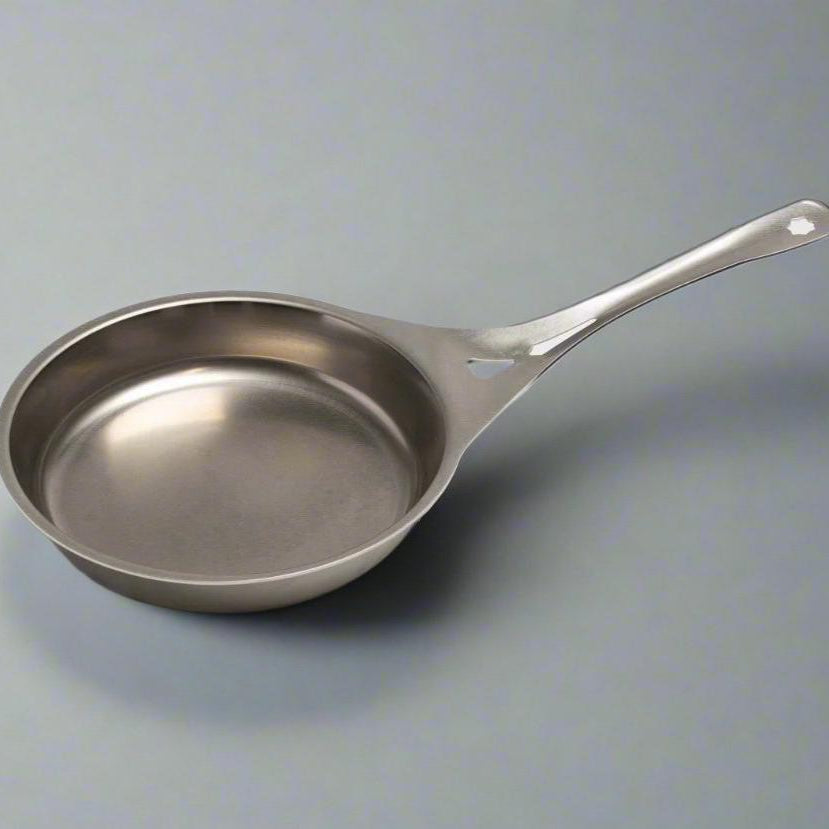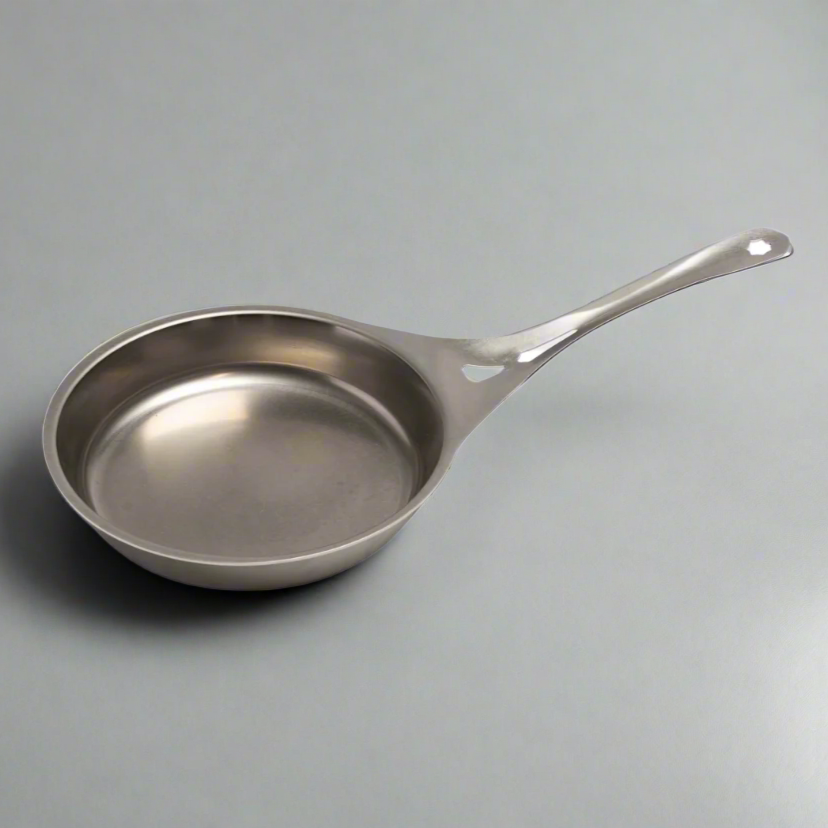Bakeware
Reliable bakeware that works hard, bakes evenly and lasts properly. These are solid, no-fuss essentials for everyday use – from sponge cakes and sourdough to roast veg on a Sunday. The collection includes baking trays, cake tins, loaf pans and more, all made from materials that spread heat well and clean up easily. No sticking, no warping, no early retiring. Just bakeware you’ll use again and again.
Show next 1 items
Bakeware FAQs
Which bakeware materials are the safest to use in the oven?
The safest bakeware materials for oven use include stoneware, ceramic, glass, stainless steel, and food-grade silicone. These materials can handle high heat without leaching nasties or breaking down. For fuss-free durability, go for options without non-stick coatings - especially cheaper ones, which don’t age well. Enamelled stoneware and uncoated stainless steel are especially solid choices. Learn more about how we select safe, truly long-lasting bakeware on our research process page.
Can silicone bakeware go in both the oven and dishwasher?
Yes, silicone bakeware can go in both the oven and dishwasher. Food-grade silicone is heat-resistant (typically up to 230°C), flexible, and naturally non-stick, which makes baking and washing up a doddle. It won’t rust or warp either. Just avoid sharp utensils and let it cool before cleaning for a longer life in the kitchen.
How do I clean and care for enamel or ceramic bakeware properly?
To care for enamel or ceramic bakeware, let them cool naturally before washing to avoid cracks. Soak stubborn bits in warm water and use a soft sponge for cleaning - harsh scrubbers can scratch the surface. Hand-washing is gentler than the dishwasher and helps the finish go the distance. These materials are sturdy but appreciate a bit of TLC. Visit our Product Care and Repair hub for more tips.
Is glass bakeware better than metal for baking?
Glass bakeware is better for slow, even bakes like casseroles, while metal bakeware excels at tasks needing fast heat and browning - cakes, biscuits, that sort of thing. Glass holds heat well once hot but takes longer to warm up. Many home bakers keep both on hand, depending on the recipe. Horses for courses, as they say.
What are the longest-lasting bakeware options for everyday use?
The longest-lasting bakeware options include heavy-duty stainless steel, enamelled cast iron, and thick stoneware or ceramic. They resist warping, clean up well, and often come with impressive guarantees. With good care, they’ll last for decades. Brands offering reconditioning or lifetime warranties are worth a second glance. Explore our full range of long-lasting bakeware here.
How do I get rid of sticky residue on silicone bakeware?
To remove sticky residue from silicone bakeware, wash with hot water and mild soap, then sprinkle baking soda over stubborn areas. Scrub gently with a soft sponge, rinse, and let it air dry. That tacky feel usually means lingering grease, and baking soda helps lift it. A second round might be needed, but it’s simple stuff.
What’s the best way to store bakeware to prevent damage?
The best way to store bakeware is to stack similar shapes with soft cloths or liners in between to stop scratches and chips. Baking trays do well stood on end if you’ve got the space. Steer clear of stacking heavy bits on ceramic or glass, and lay silicone pieces flat so they hold their shape. Always let items cool before storing.

